All the lessons we've learned from Professor Tim Spector on optimising your health and wellbeing
If anyone's qualified to give us lessons on how to eat better, it's Professor Tim Spector - and these are his best lessons
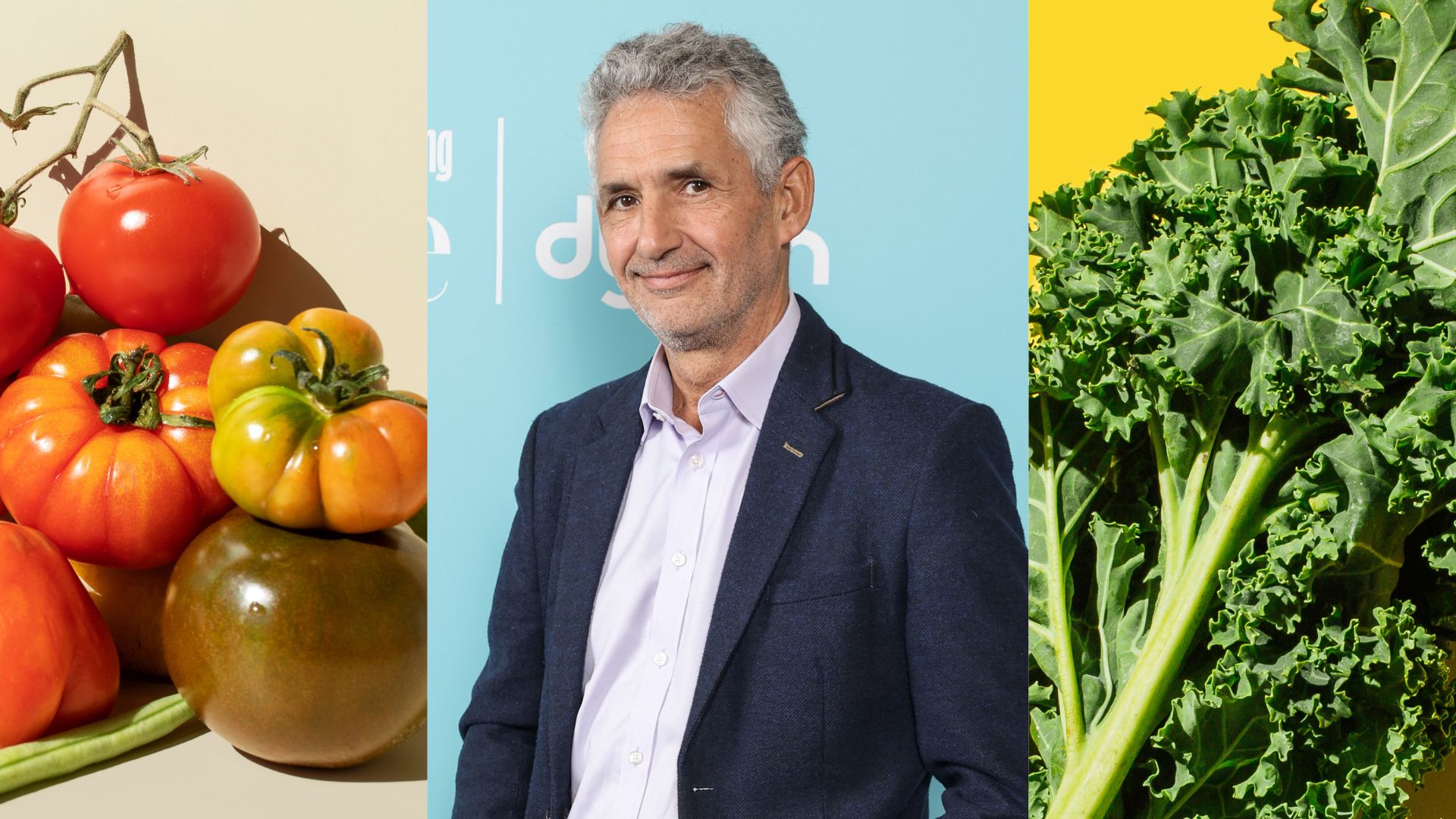

If anyone's qualified to be giving us suggestions on how to eat better for a richer, healthier life, it's Professor Tim Spector.
As a Professor of Epidemiology at King’s College London, the scientific co-founder at personalised nutrition platform ZOE, and bestselling author of books such as Food for Life, he's an expert in the role that our genetics and eating habits play in our health and risk of developing certain diseases.
From easy ways to improve your gut health and get more fibre in your diet to tips for getting the most for money in the food you buy, these are the top life lessons from his podcast, interviews, books, and more.
Wellbeing lessons from Professor Tim Spector
Every little helps
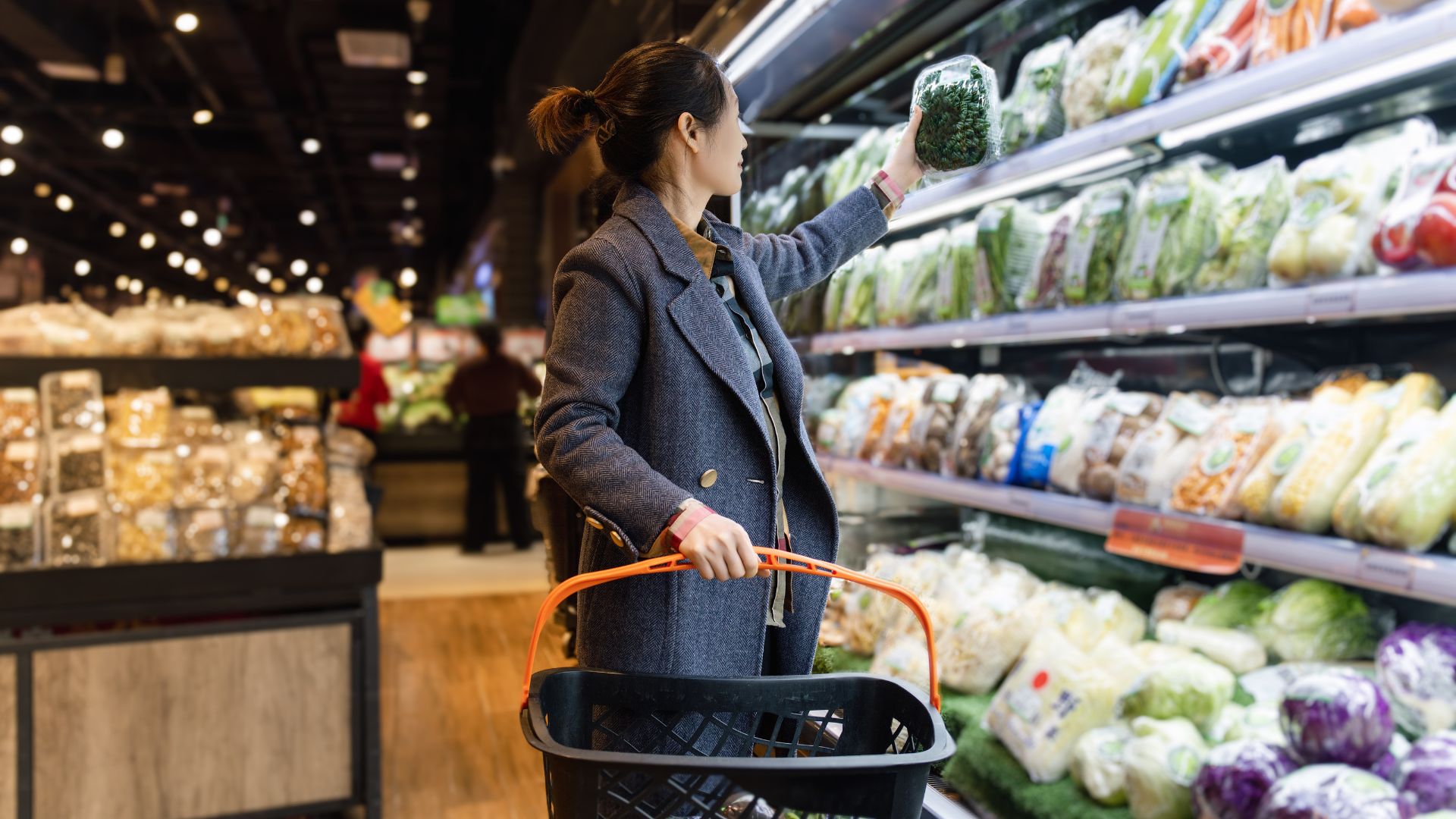
In How to Eat in 2025: 7 science-backed tips with Tim Spector and Sarah Berry, the professor points out that small everyday choices have the most impact on our health.
"The food choices we make are the most important decisions", he says. "So everyone has the ability to really change their health. Just by making the right food choices, you can dramatically add years to your life and your health span."
Chew your food properly
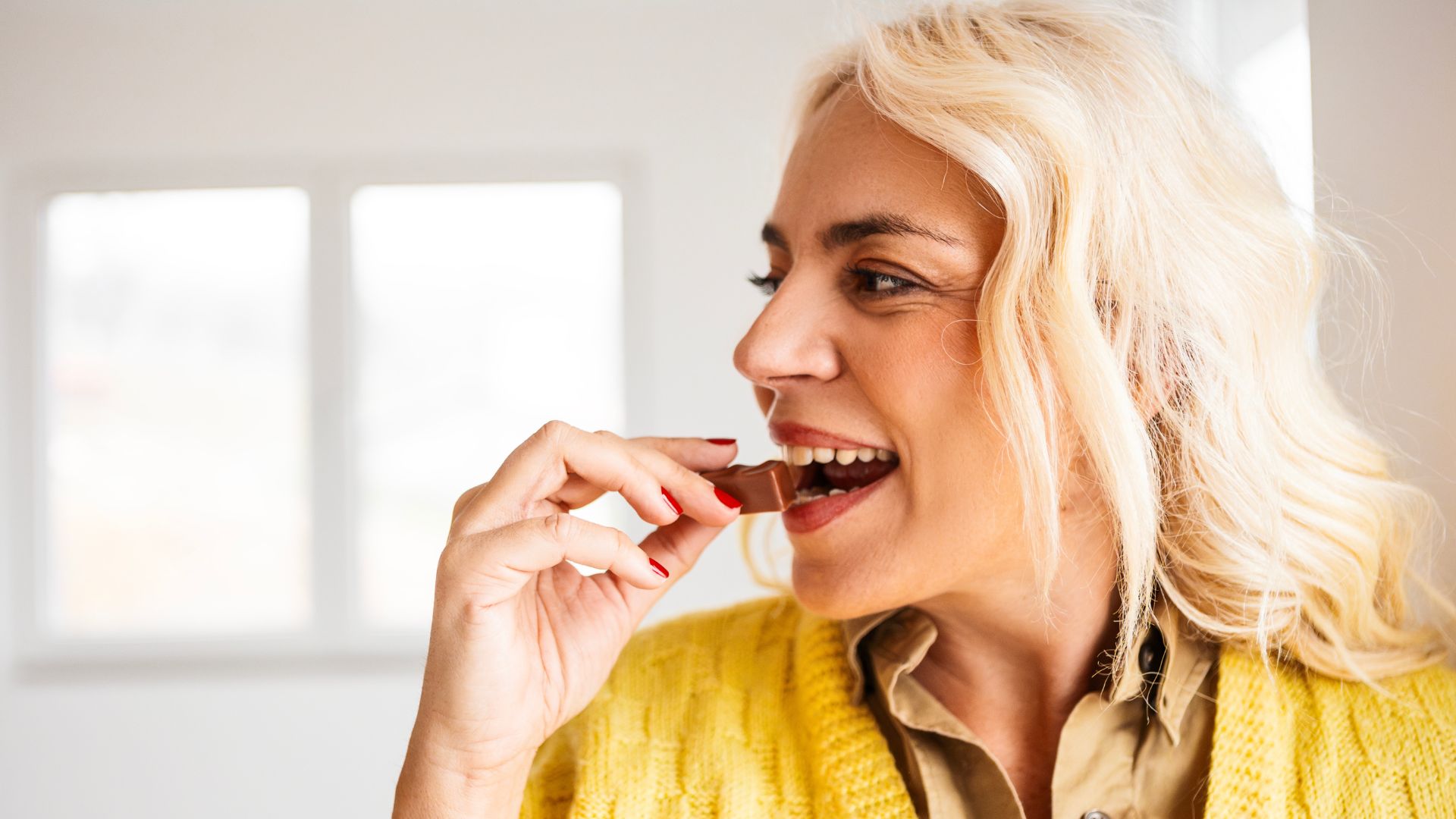
In the podcast episode, Spector says, "Mastication is the word for 2025". But what does this mean? As Dr Sarah Berry explains, it means chewing.
The doctors recommend taking the time to chew your food as much as possible, for as long as possible, before swallowing and buying food that requires more chewing. Doing so allows you to get the most out of your food before it reaches your gut, making it easier for your microbiome to get to work on the food.
Sign up for the woman&home newsletter
Sign up to our free daily email for the latest royal and entertainment news, interesting opinion, expert advice on styling and beauty trends, and no-nonsense guides to the health and wellness questions you want answered.
Remove UPFs from your diet
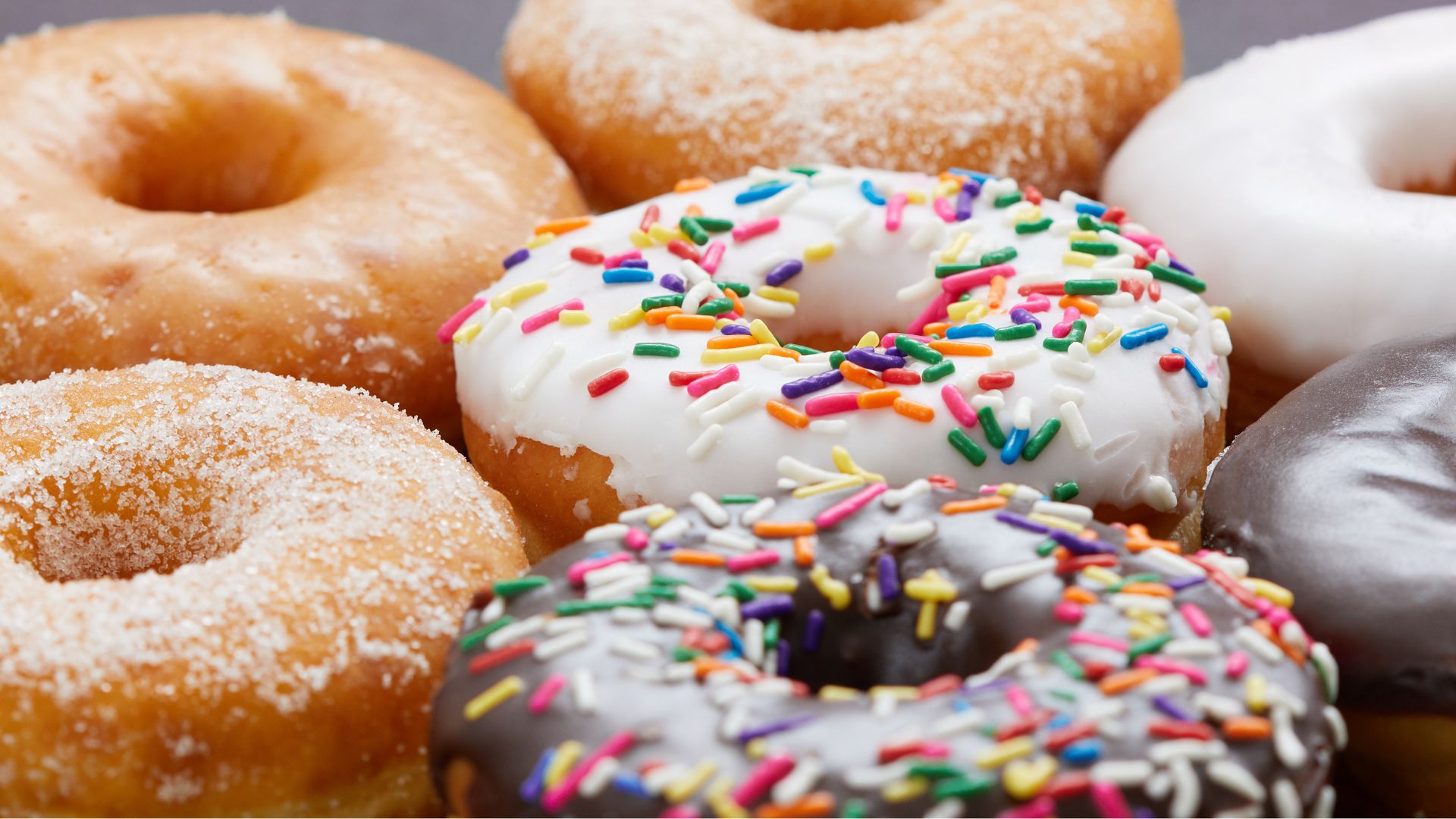
"If you reduce your ultra-processed food intake just by half, which is still above Mediterranean levels, then you will reduce your mortality by about 12.5%," says Professor Spector in How to Eat in 2025: 7 science-backed tips with Tim Spector and Sarah Berry.
That’s a stat worth noting. Imagine what cutting out ultra-processed food altogether could do for your health. He says, "You may very rapidly see a change in your mood and energy, and that will be the first thing you see once you cut down these foods."
It's important to rest your gut
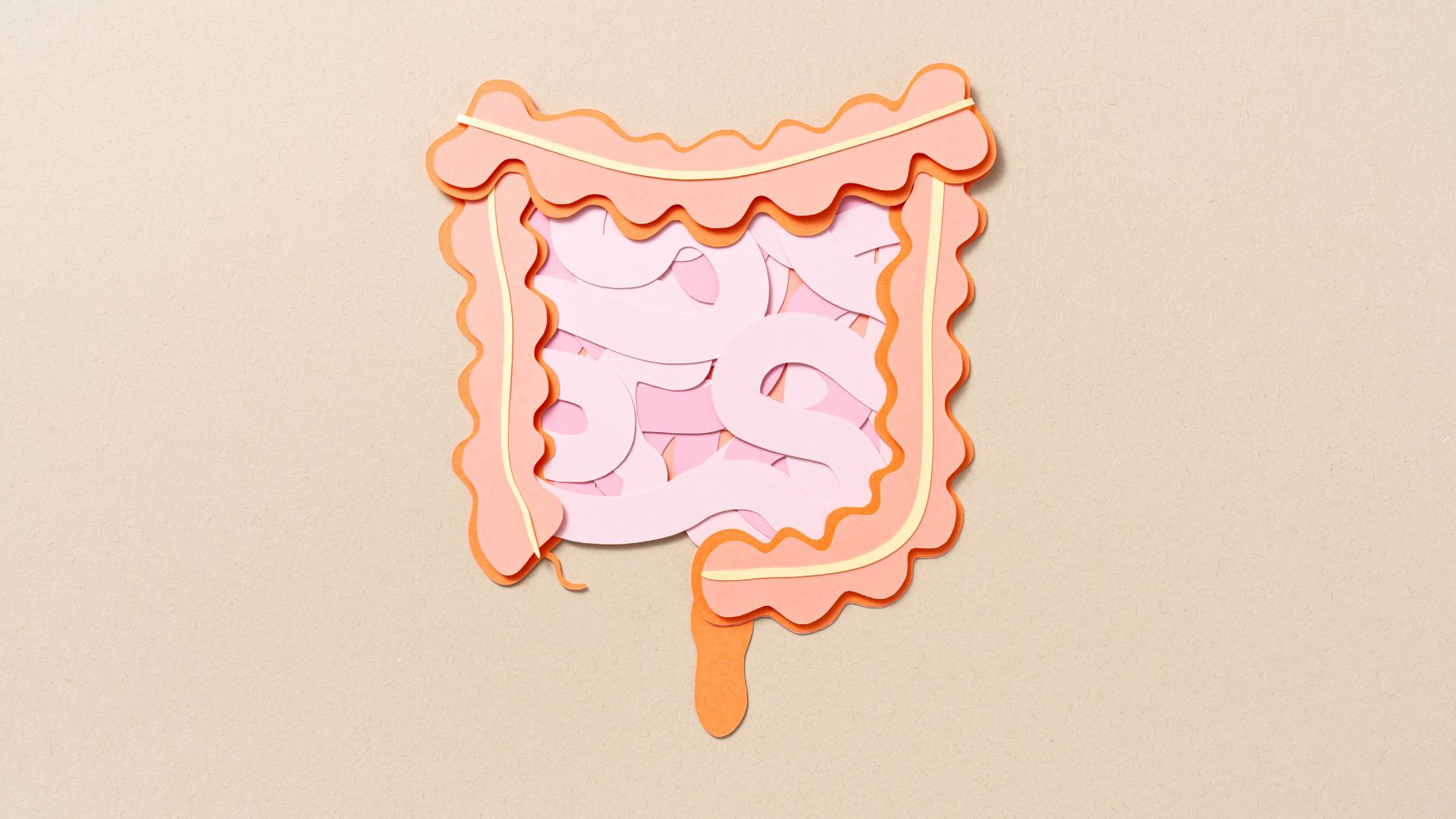
The professor says eating windows are another way to manage gut health. This means only eating at certain times of the day rather than constantly to give your digestive system a rest.
"Gut microbes get a real kick out of having a rest overnight. And they need time to recover and repair," he says. "So, when you're not eating, a different team comes out, it's like an offense-defense team, and a new team comes out and they're the ones that will tidy up your gut lining."
"They actually nibble away at the little bits of sugar on the mucus lining of your gut, and that improves the barrier, keeping your microbes from your blood and your immune system in tip-top shape."
Calorie counting doesn't work for everyone
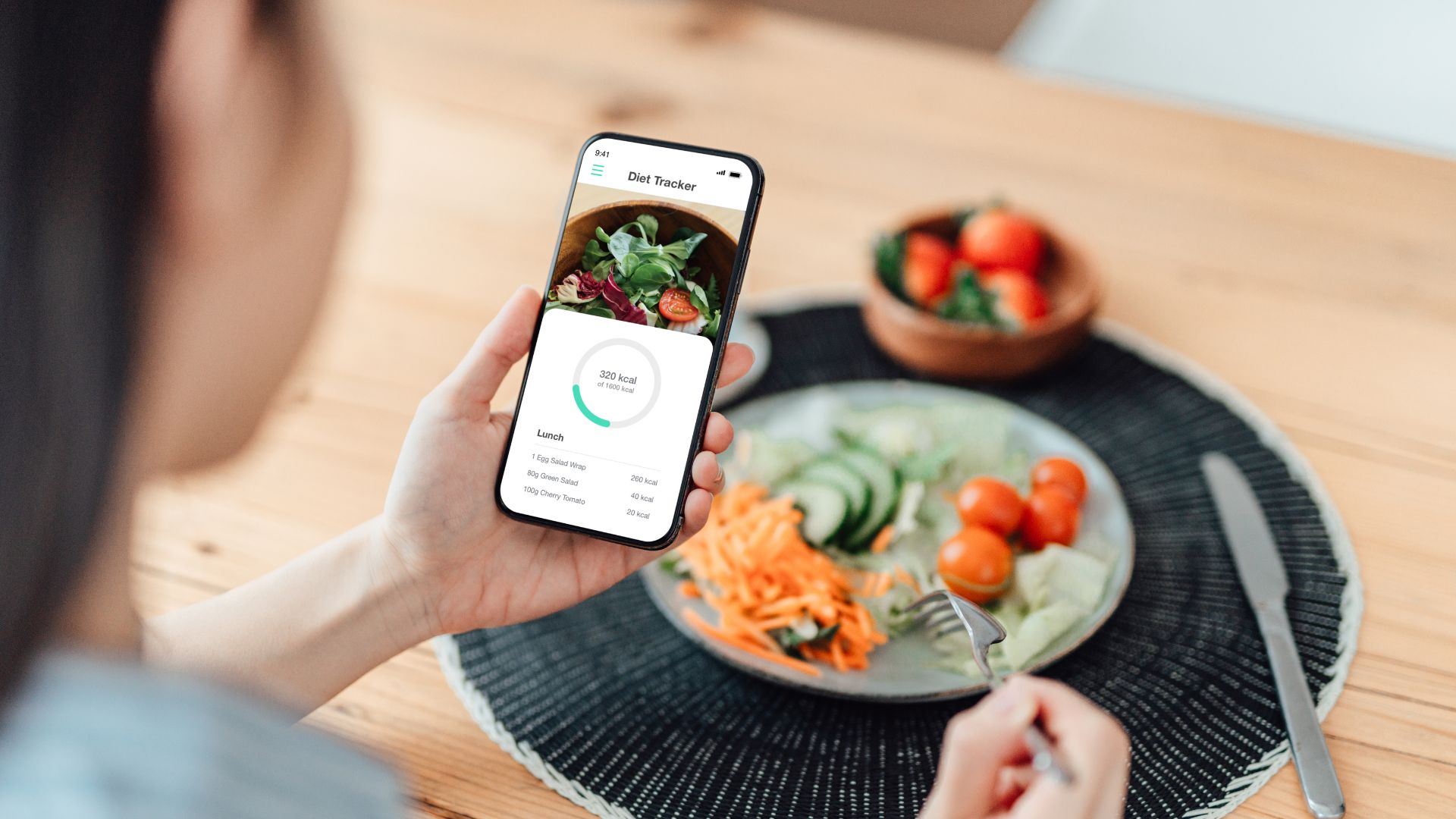
If you're looking to lose weight, you might have been told to count your calories. While it's a method that helps some people with weight loss, Professor Tim Spector says that "it's not effective for the vast majority of people who practice it".
He says that "most people will lose weight initially when they go on a calorie-restricted diet", but the body has ways of altering the metabolism so we burn less energy (i.e. calories).
For calorie counting to work, you have to keep reducing your food intake to keep making progress, he says, but doing so also "ramps up our appetite signals" so it gets "increasingly difficult to keep losing weight".
Coffee is good for the gut
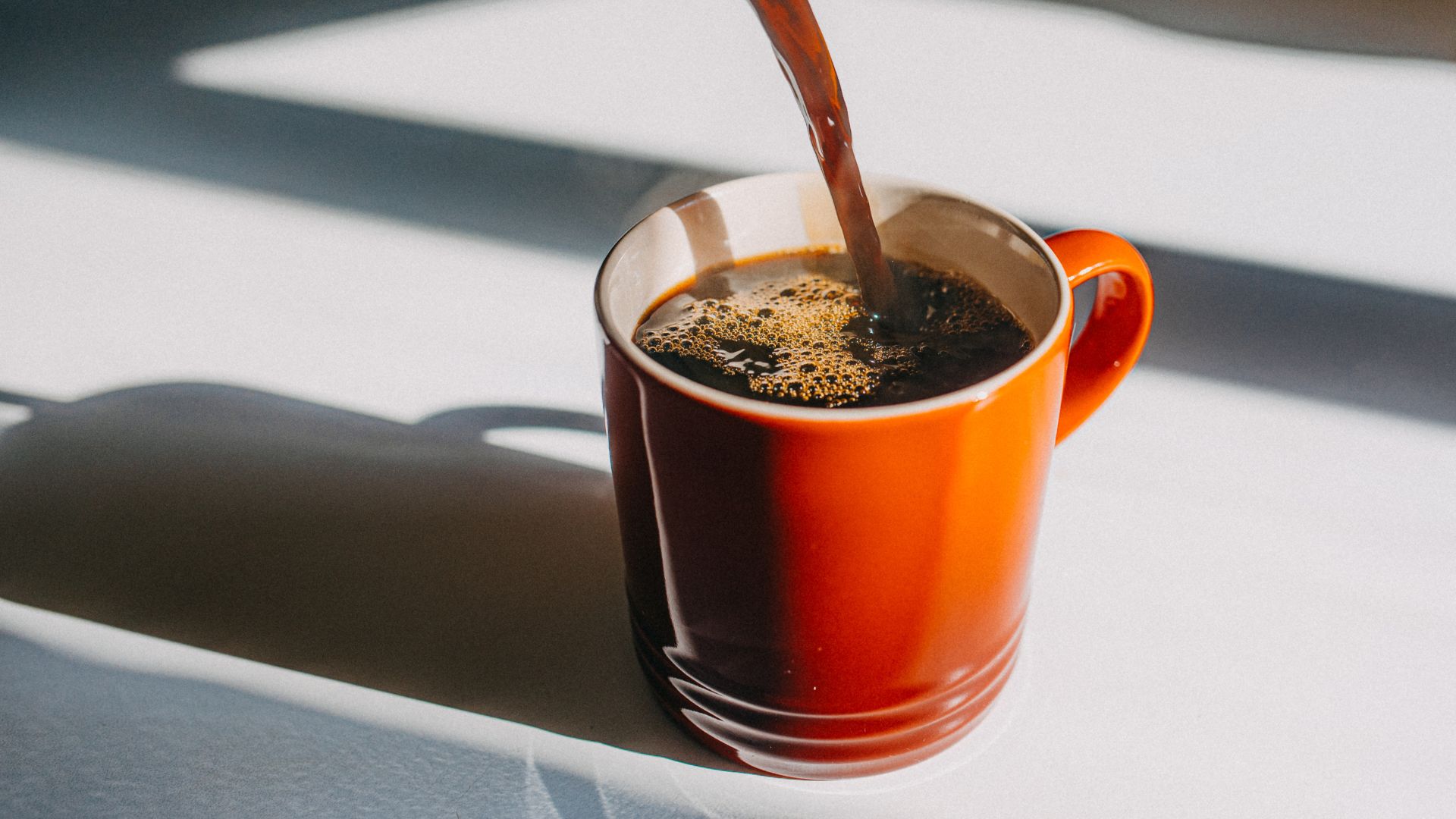
If you enjoy a cup of coffee in the morning, this tip's for you. Professor Tim Spector says that "coffee helps stimulate our gut microbiome".
"There's this one microbe that is so fussy it only eats coffee, and it's called Lawsonibacter," he says. "It's waiting there in tiny amounts just for you to have that one cup of coffee, then it's gonna go and explode."
You don't even need to drink caffeinated coffee to reap the benefits either. This is also one of the benefits of decaf coffee, as he revealed in another podcast episode.
Kombucha isn't the only gut-friendly drink
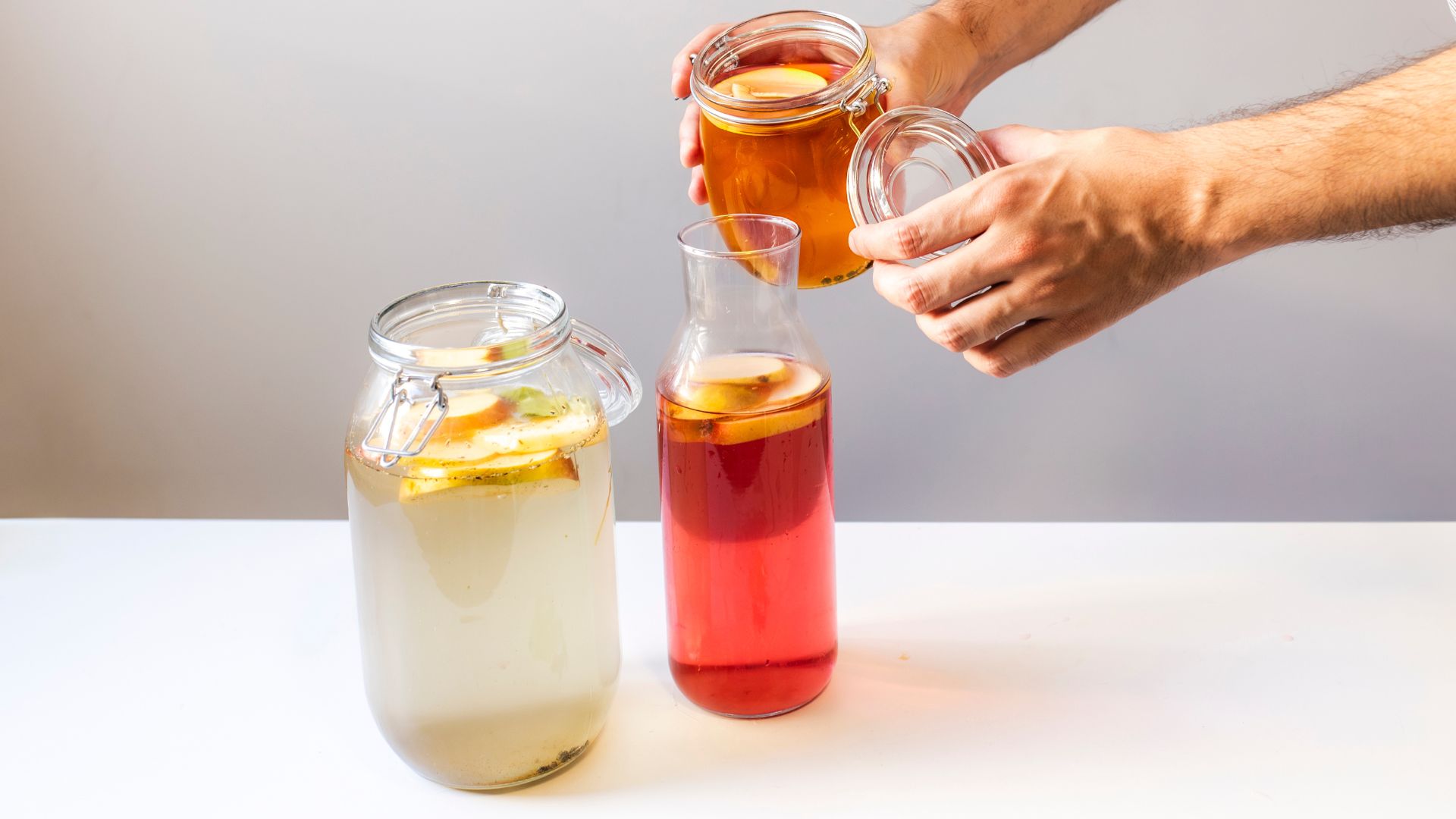
As much as soft kombuchas (i.e. without alcohol) are "good for your gut microbes" provided there "isn't too much sugar in them", the professor says there are other options to try as well.
Water kefir is one, he says. "Water kefir is another new category, called tibicos in some places. They're less sour than kombucha and worth a try."
The other one is milk kefir. "They might not taste that great in tea, but if you’re looking to diversify your microbiome, kefir might be the answer," he says.
Consistency is key
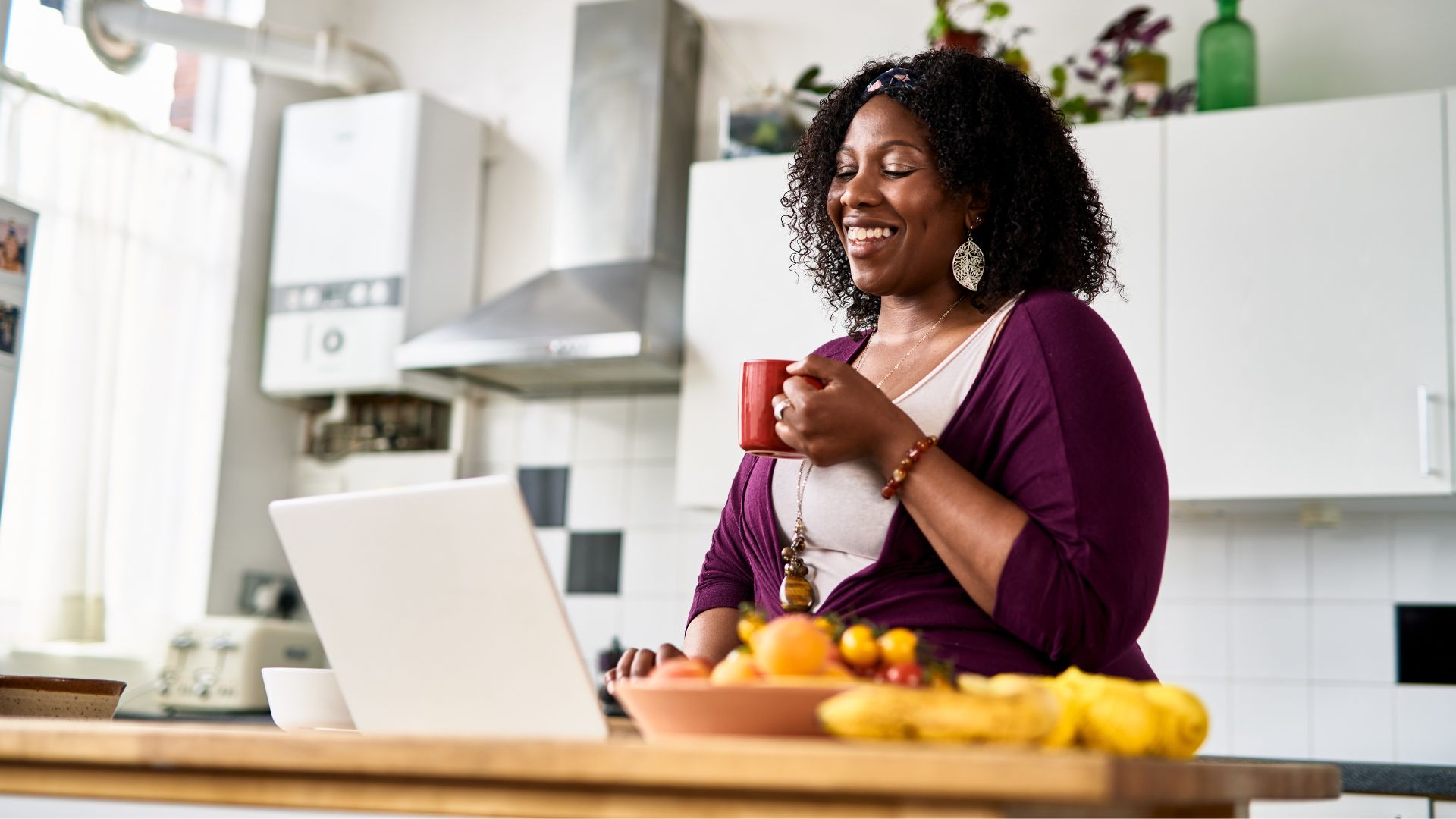
Professor Tim Spector is keen on consistency. He says that sticking to eating, sleeping and exercise schedules that suit your lifestyle is better than random periods of fasting, overeating, or just ignoring your health.
He says: "Consistency in all these lifestyle habits makes sense for our bodies."
A plant-based diet is good for your gut health
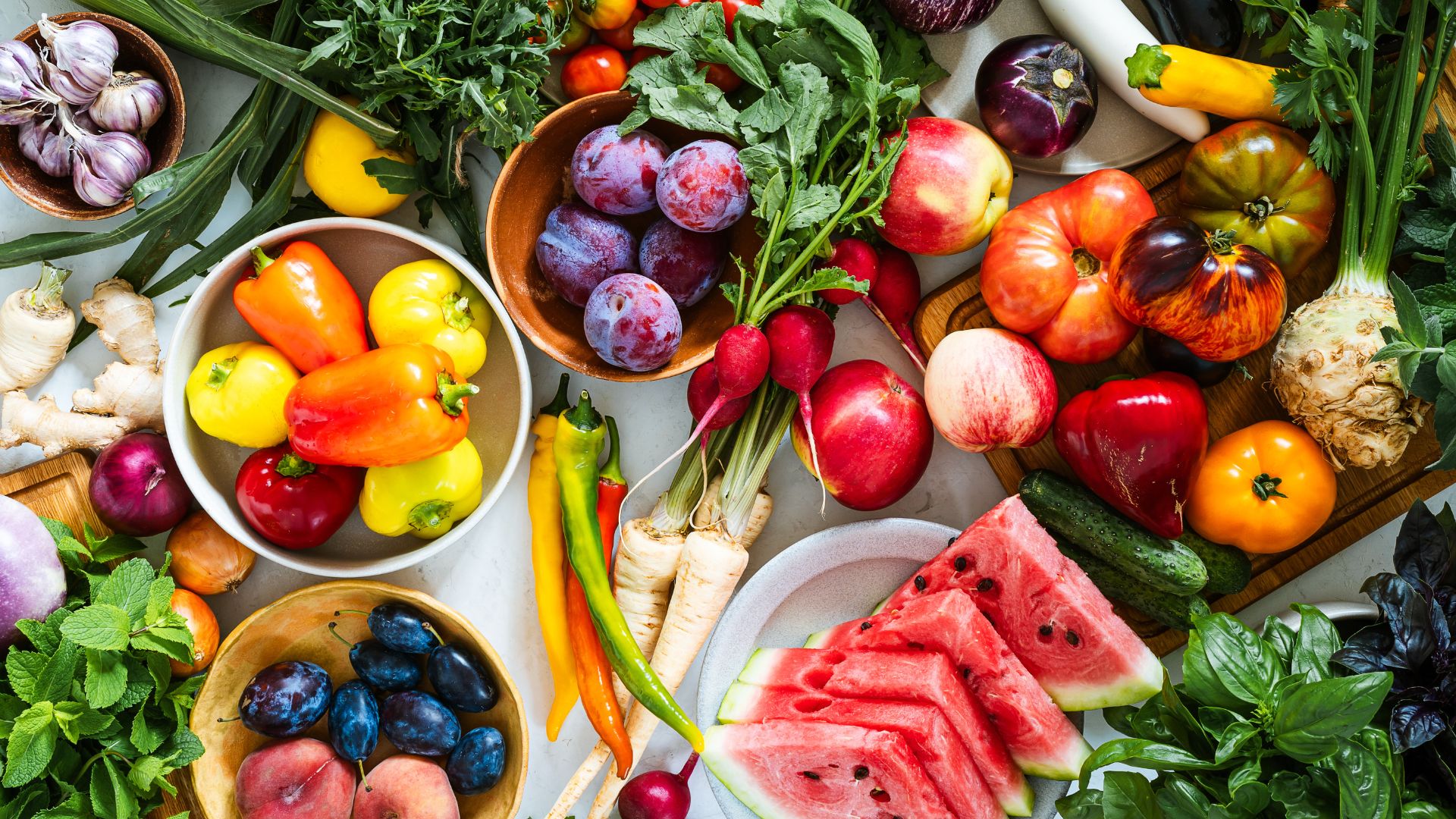
"Plants are the main source of food for your gut microbes, and the more different sources of food there are, the more different microbes you get, the more different chemicals you produce, the healthier your gut is, your gut community is and the rest of your body", he says.
In general, he notes, those who follow a vegan diet have the healthiest-looking guts, with better ratios of good to bad microbes. However, the diversity of microbes doesn't tend to be as good as other diets where someone is eating lots of different food types - like an omnivore.
Forget 5-a-day
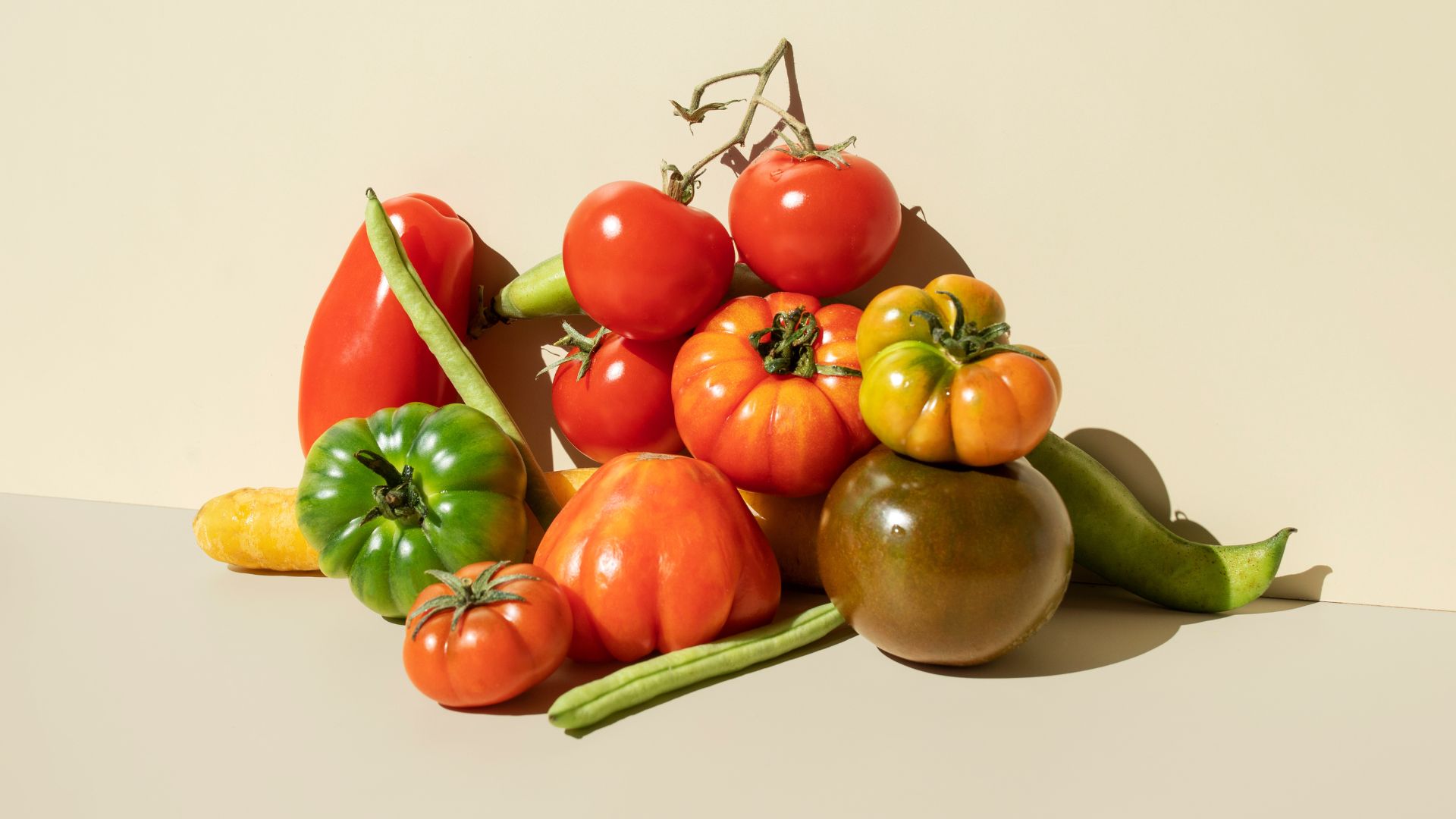
It’s not the amount of fruit and veg we eat, it’s actually the diversity of the fibre from the plants that matters, the doctor says.
"We've changed from five a day, which was the standard across-the-world concept," he says. Now it's about "diverse fibres from diverse plants" as the "real healthy way to go".
Some meat is good
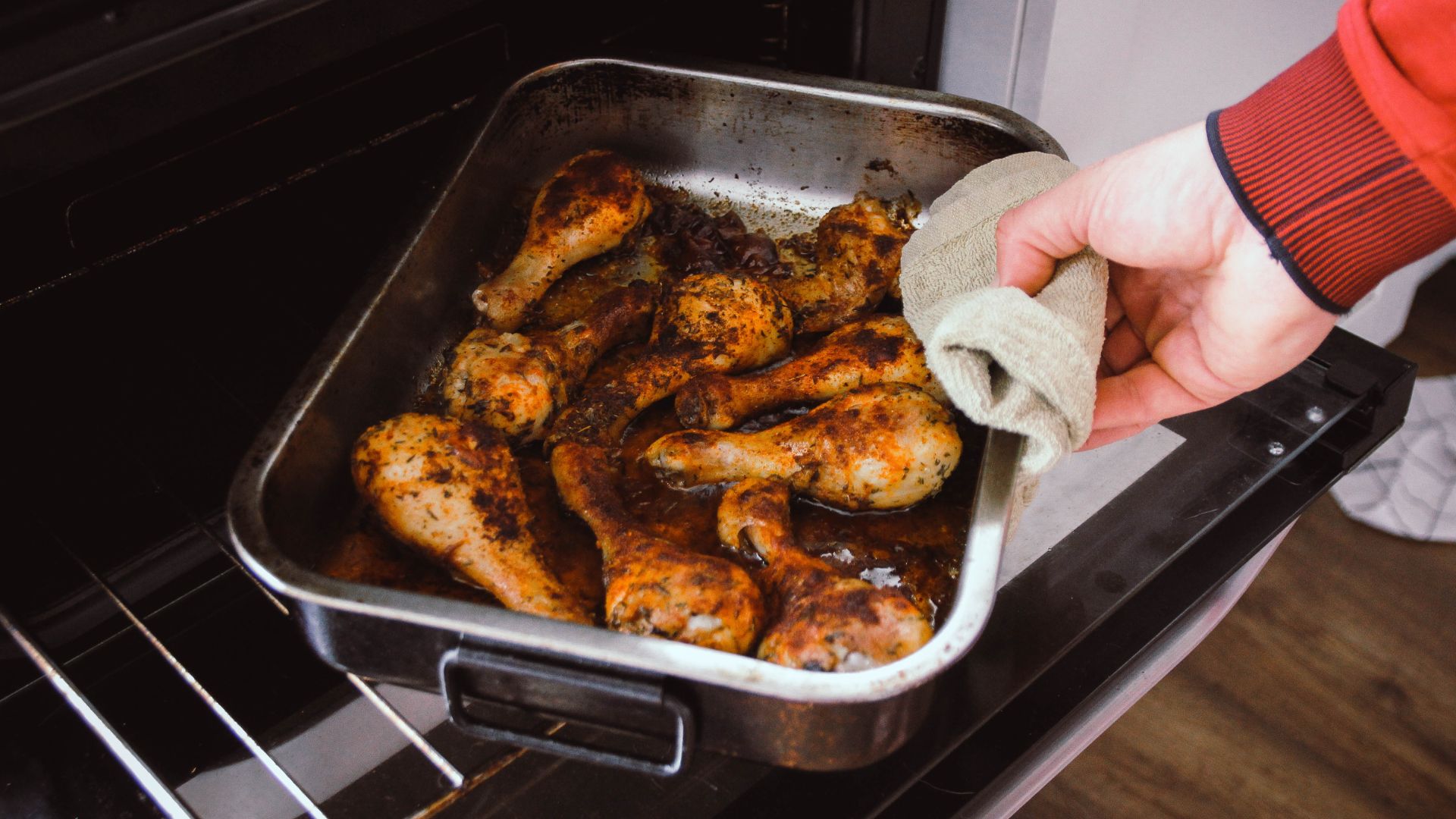
Eating meat in small amounts can contribute to a healthy, gut-friendly diet, says the professor, as those with the "most diverse" diets are meat eaters. "If you have meat and dairy, you're getting different microbes", he says.
However, it's best to limit it just to a couple of times a month, he adds. Instead, try swapping in various plants like fruits and vegetables alongside alternative sources of protein like legumes.
"I still eat meat once or twice a month, and I have a healthy gut microbiome, and many other people are in this situation," he says.
Not everyone is deficient in protein
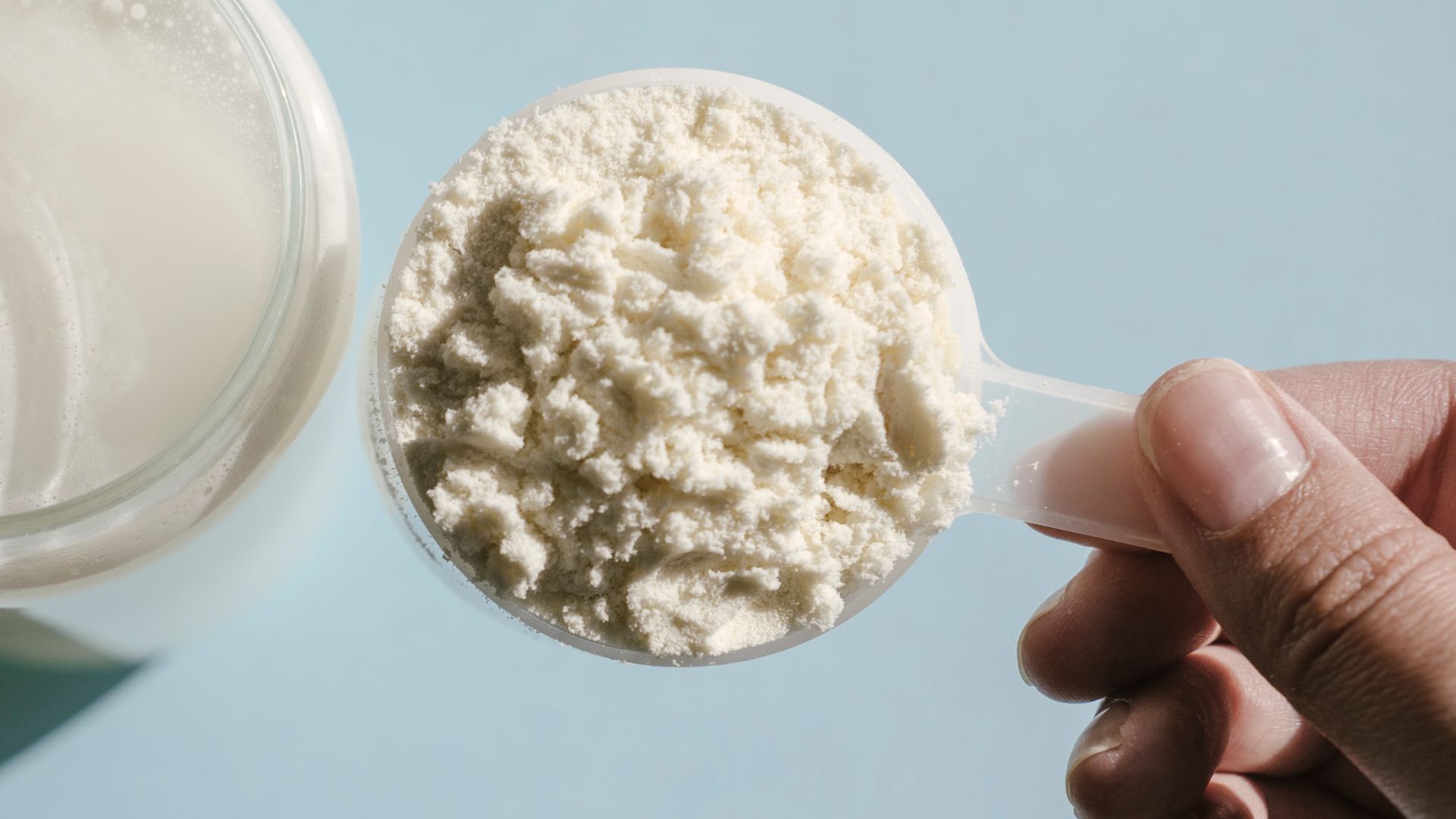
Protein is one of the most important macronutrients, especially for women going through menopause - but supplement marketing has incorrectly convinced us that we need protein powders, snack bars, and other UPFs to ensure we're not deficient, the professor says.
In fact, we're eating "about double the recommended levels of protein already," he says. "It's a complete myth that there's a massive gap between supply and demand and that we need to change our diets."
This being said, everyone is different, and everyone will need different amounts of protein in their diet, so be sure to seek tailored expert advice if you have concerns.
Plants doesn't just mean vegetables
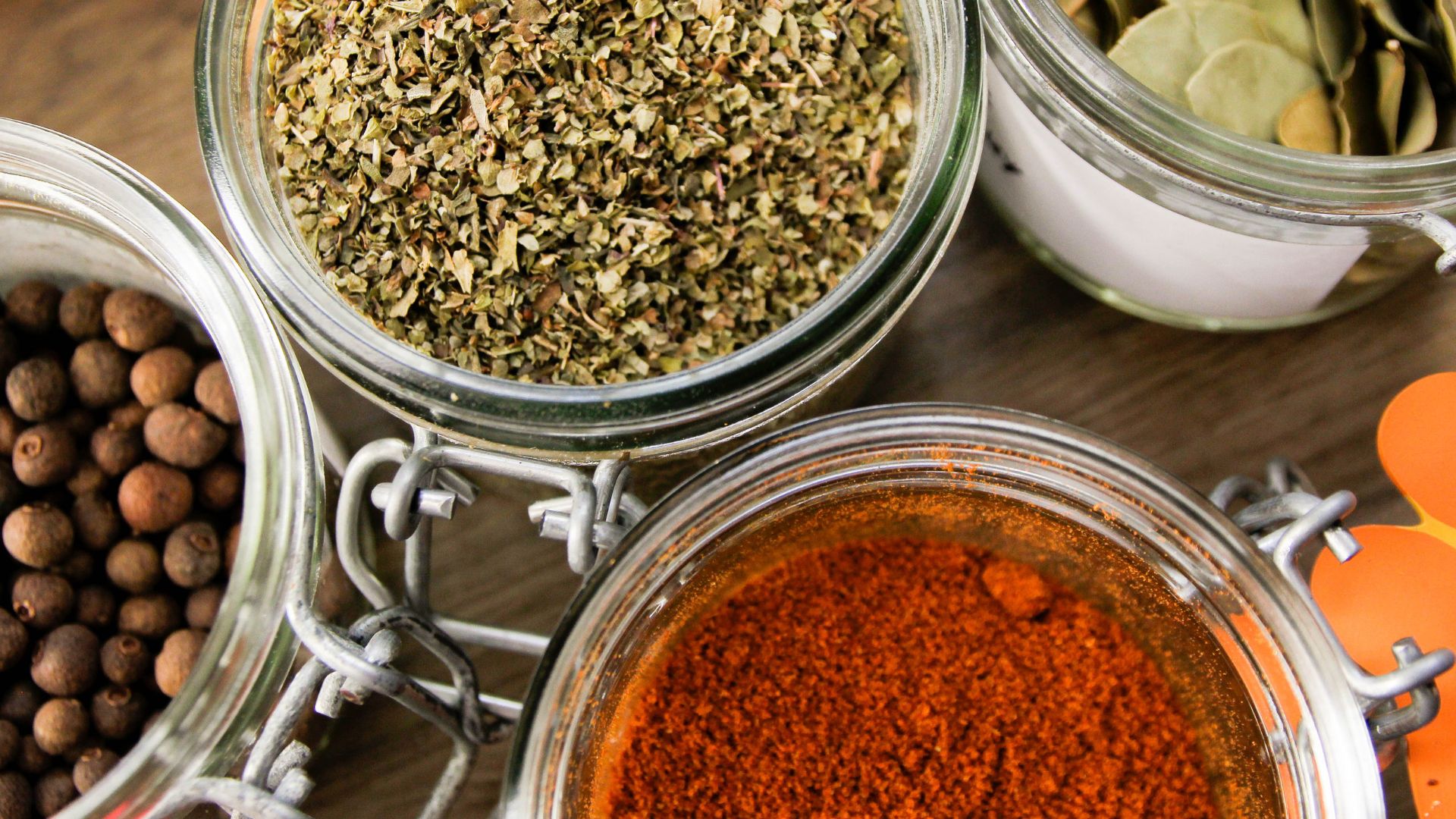
"We're talking about fruits, vegetables [but also] nuts, seeds, herbs, [and] spices. It's not that hard when you start thinking about it," he says.
ZOE's mission is to get people eating more plants - 30 different plants a week, to be specific.
Choose fermented over regular milk
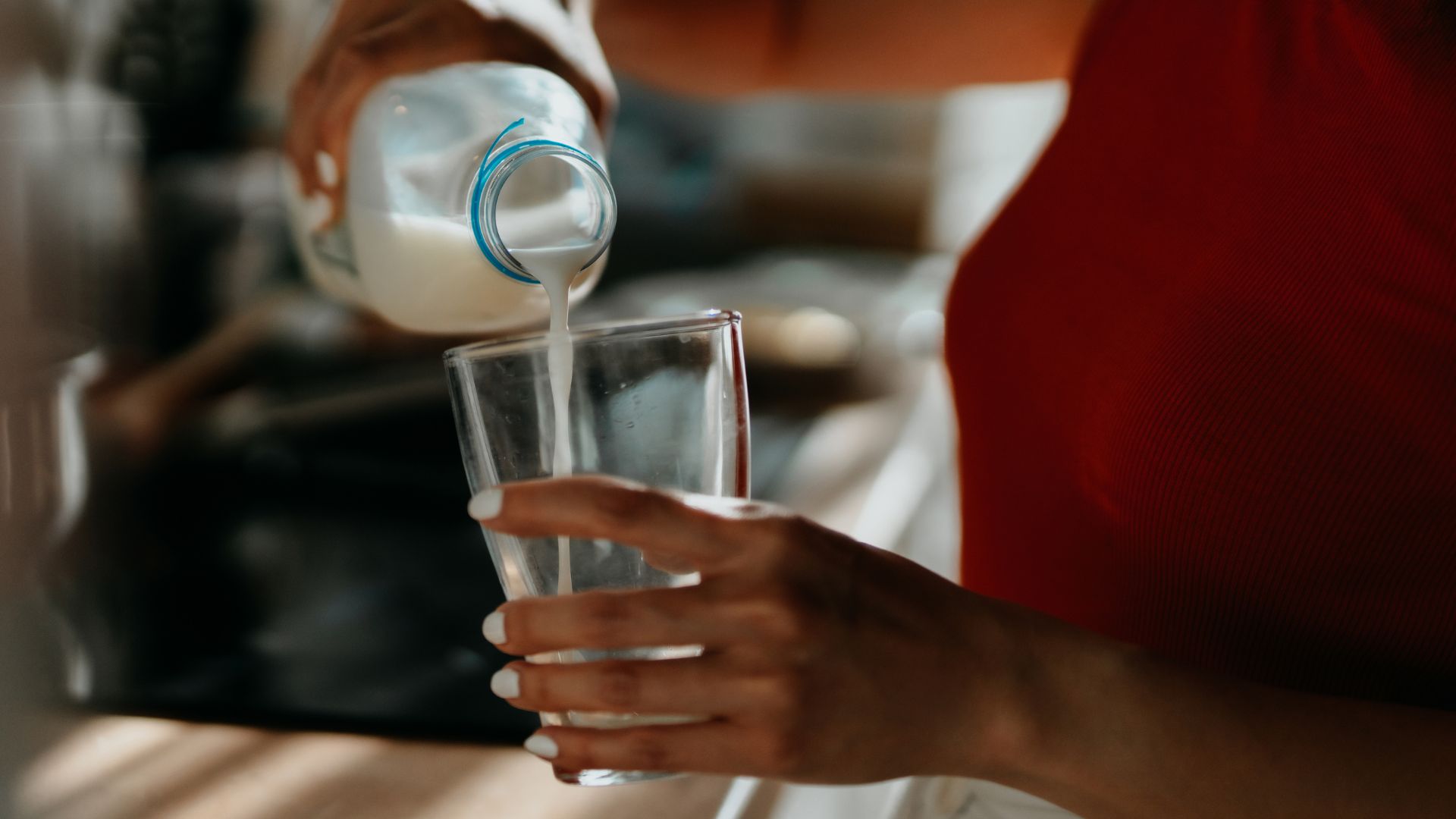
Coffee is great but "it's not great news for cow's milk", says the professor.
"People still think milk is a health drink and increasing the epidemiology is showing that's not the case and it doesn't really have those benefits that have been promoted for so long. So keep it to an absolute minimum, I think is the key," he said in How to eat in 2025: 7 science-backed tips with Tim Spector and Sarah Berry.
Healthy ageing comes from eating well
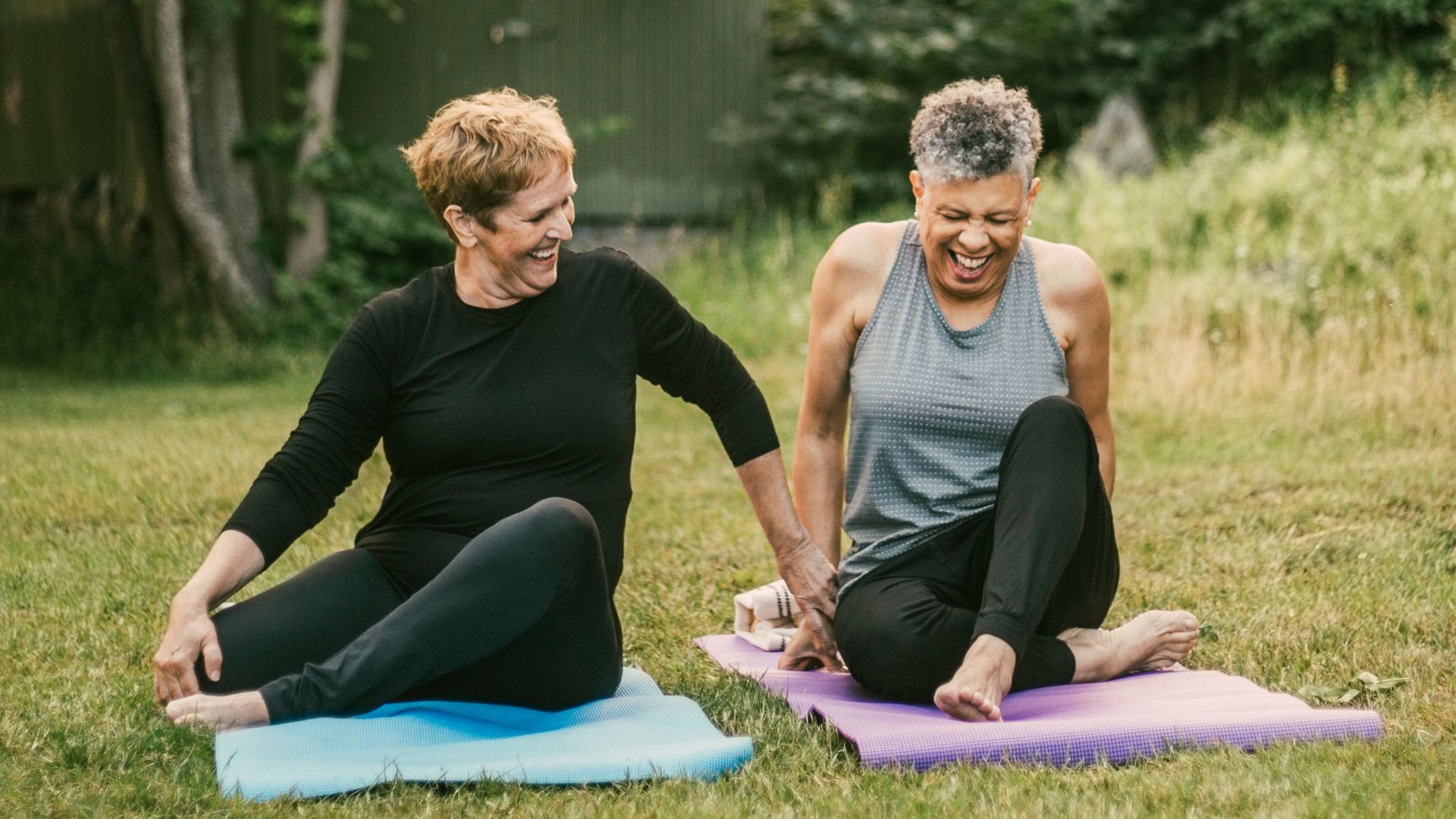
One of the reasons why the best diet for longevity is full of plants and whole grains is the impact these foods have on gut health.
"If you've got that good ratio of good to bad bugs, then you're going to be in pretty good shape, even in your ninth decade," says the professor.
Looking to make a small change for healthier ageing? The "bottom line" is fermented foods. "These are a fantastic source of microbes and will help your inflammation, which should, in theory, reduce the speed of aging," he says.
It's never too late to make a change

There's no evidence that it's ever too late to make a change in your eating habits for a healthier life, the professor says. Those who've had poor gut health for decades can "improve their gut microbe just as well as someone age 40" by making changes to their diet.
"We're talking about instant changes in these microbes producing chemicals and these chemicals can instantly impact your brain and your immune system," he says.
What we eat can affect our mental health
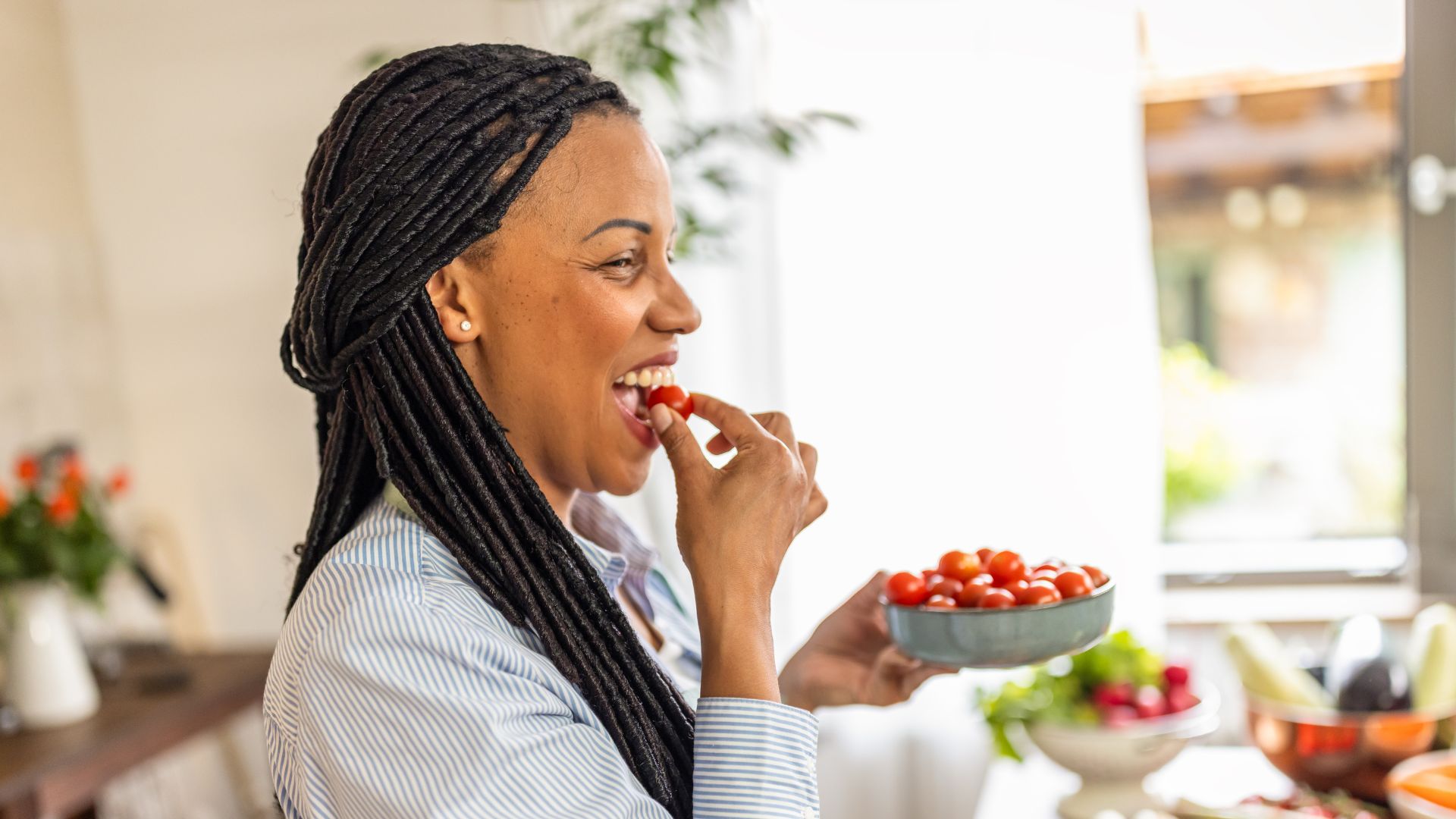
While Professor Tim Spector says we're just scratching the surface of understanding what our gut microbes are capable of, we know they can impact our mental health as much as our physical health.
"They produce brain chemicals, for example, like serotonin, really important for brain and enjoyment and happiness and calm," he says. "They also produce things like GABA, which is the equivalent of a Valium tablet. And the body can't produce much of this stuff, so most of it comes from the gut microbes."
Darker colours equals better plants
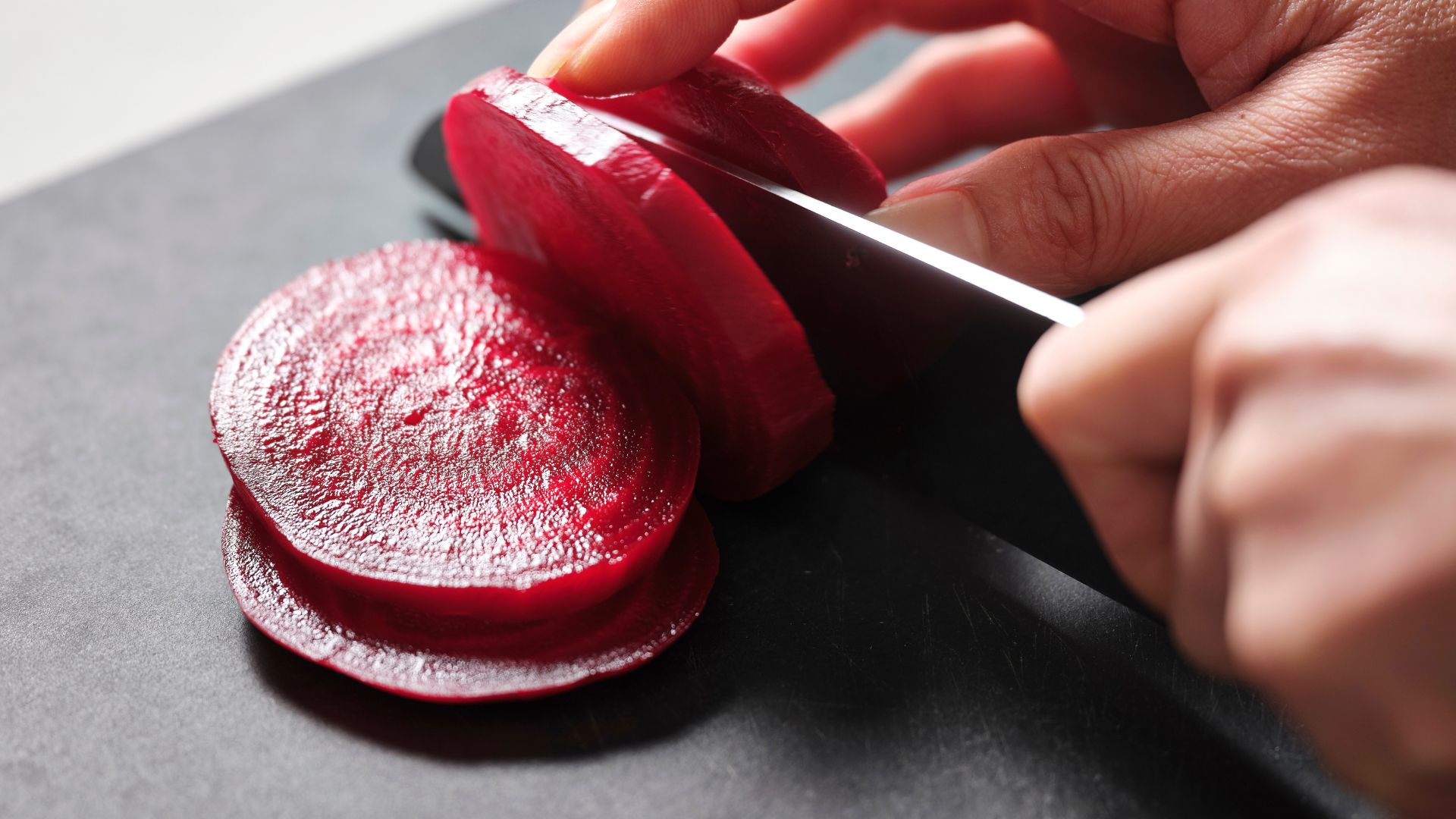
In his book, Spoon-Fed: Why Almost Everything We’ve Been Told About Food is Wrong, Professor Tim Spector says "not all plants are equal".
"A general rule bright or dark colours are a good sign, including a wide range of berries, beans, artichokes, grapes, prunes, red cabbage, spinach, peppers, chilli, beetroot and mushrooms," he says.
Cut ultra-processed foods for a healthier immune system
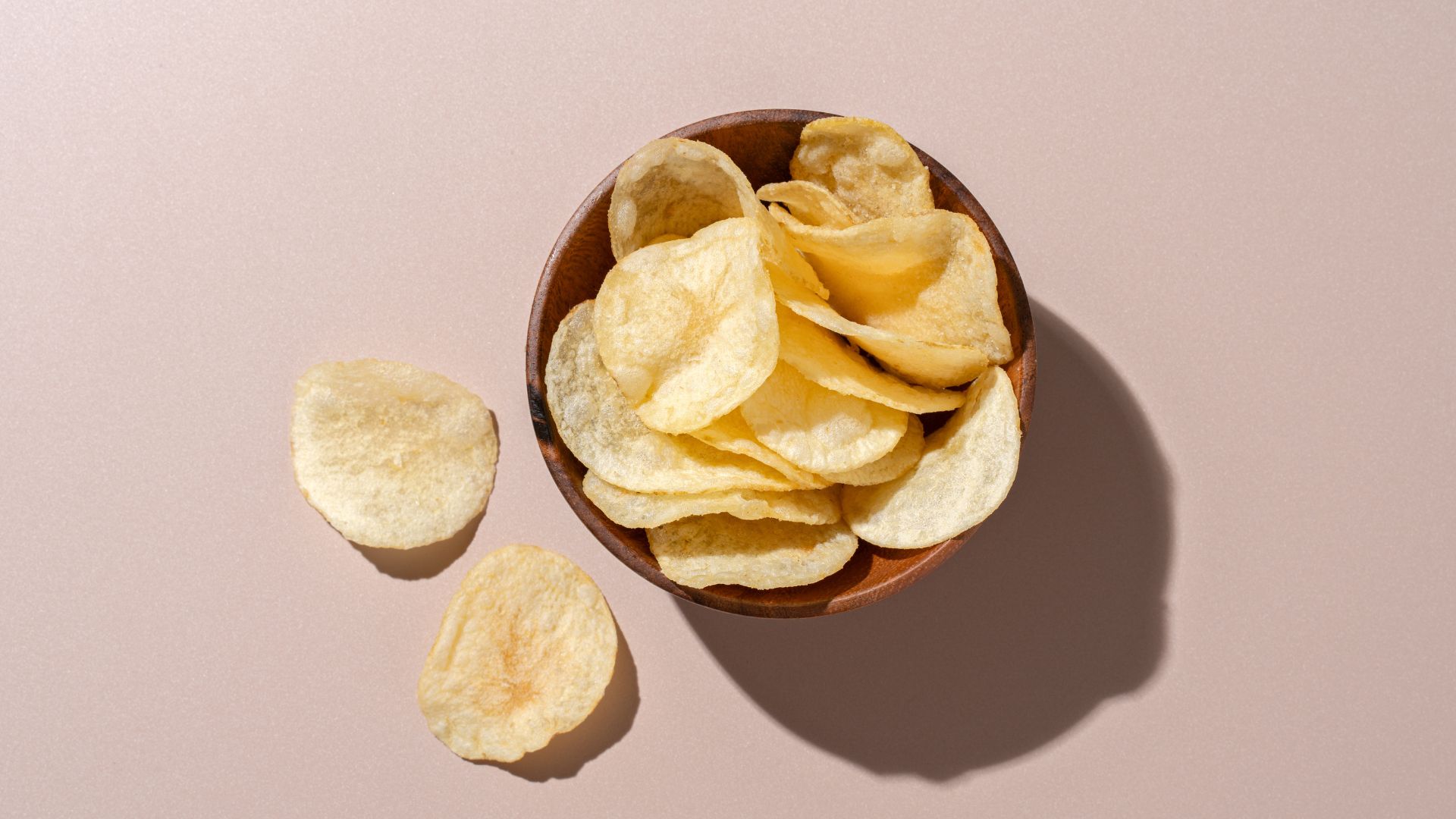
Ultra-processed foods have been directly linked to inflammation, and inflammation has a direct effect on the immune system, says the professor.
Cutting them out can "damp down inflammation". When this happens, the body recognises there's no need to be in this "rather depressed state thinking I'm ill".
So, the next time you think you might have a cold coming on, try changing your diet before reaching for the Lemsip. It might be all in your head.
"We think the brain is always right, but actually, it's just another organ in the body, and sometimes it gets these algorithms wrong," he says.
Swap meat for plants
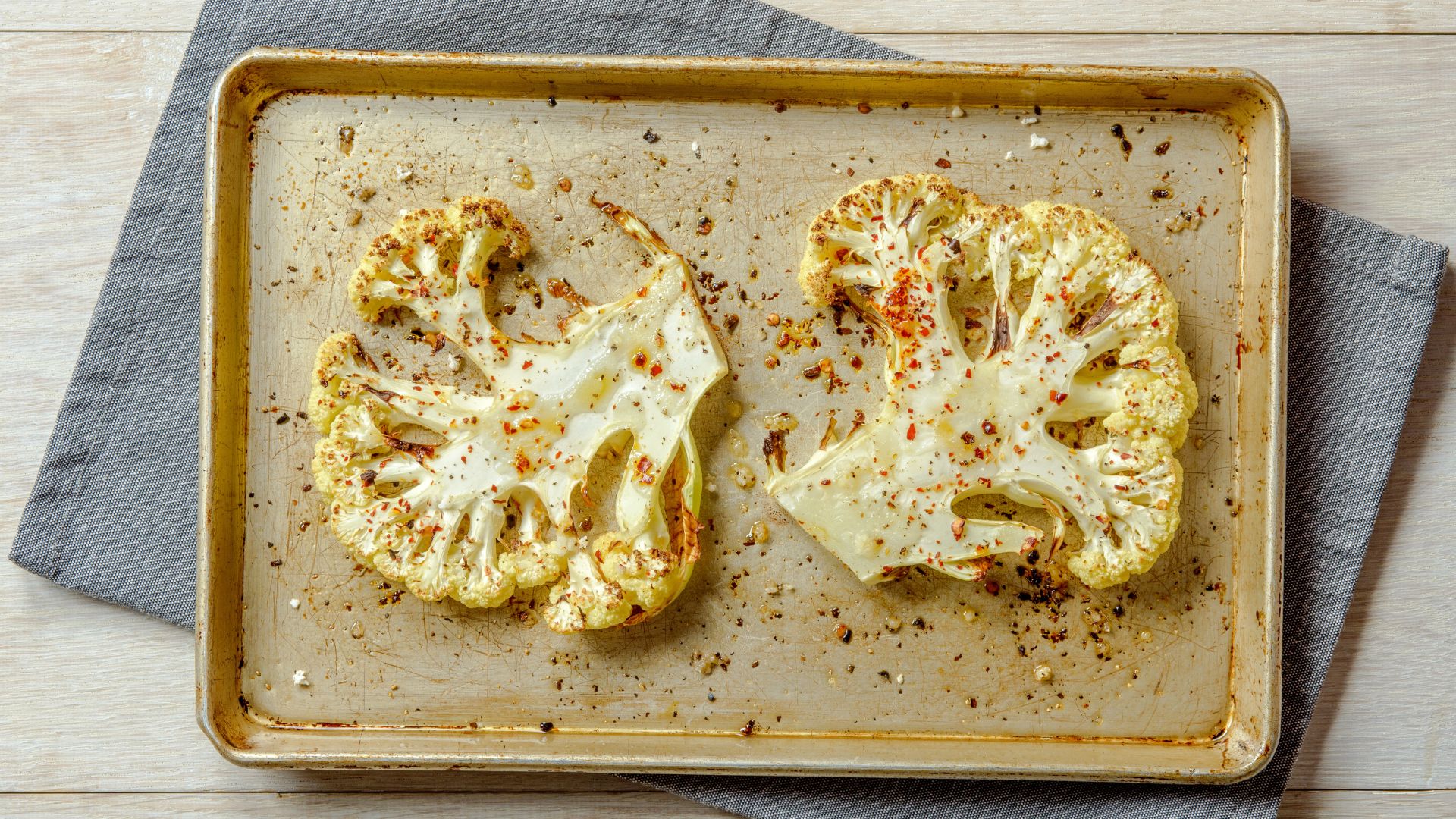
While the professor is a big advocate for eating more plants, he's quick to say that this doesn't mean you have to become vegetarian or vegan to have better gut health, and he points to ZOE Research to prove it.
"We've just done a huge microbiome study of 30,000 people, including vegans, vegetarians, carnivores, omnivores, and mainly plant-based people like me," he told Jonathan Wolf in the podcast episode, Rich Roll: Why midlife is a crucial moment to improve your health.
These results showed that diet (vegan, vegetarian or omnivore) wasn't the biggest predictor of good gut health, but "the number of plants you're eating".
And, as the professor points out, it's much easier to eat more plants if you're not also trying to eat a piece of meat or fish in the same meal.
Depression and gut health are linked
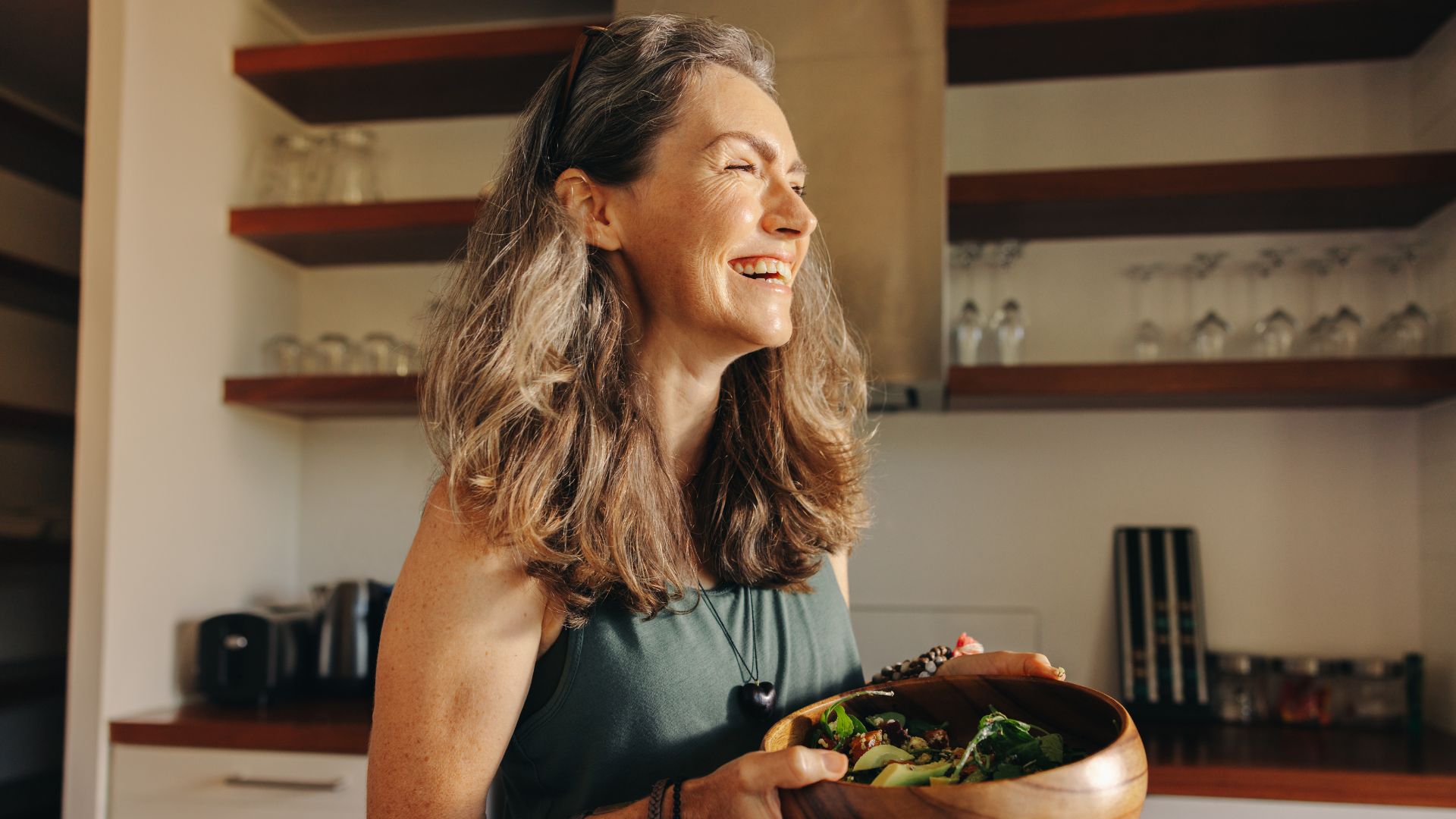
"Gut health is crucial for your mental health, but particularly mood. There are clear links between gut health and depression," he says on an episode of The Wellness Process Podcast with host Elizabeth Endres.
"There are now multiple controlled trials of either giving probiotics for people with depression or giving them gut-friendly diets for depression that appear to do as well as antidepressant medication," he says.
Frozen food isn't the enemy
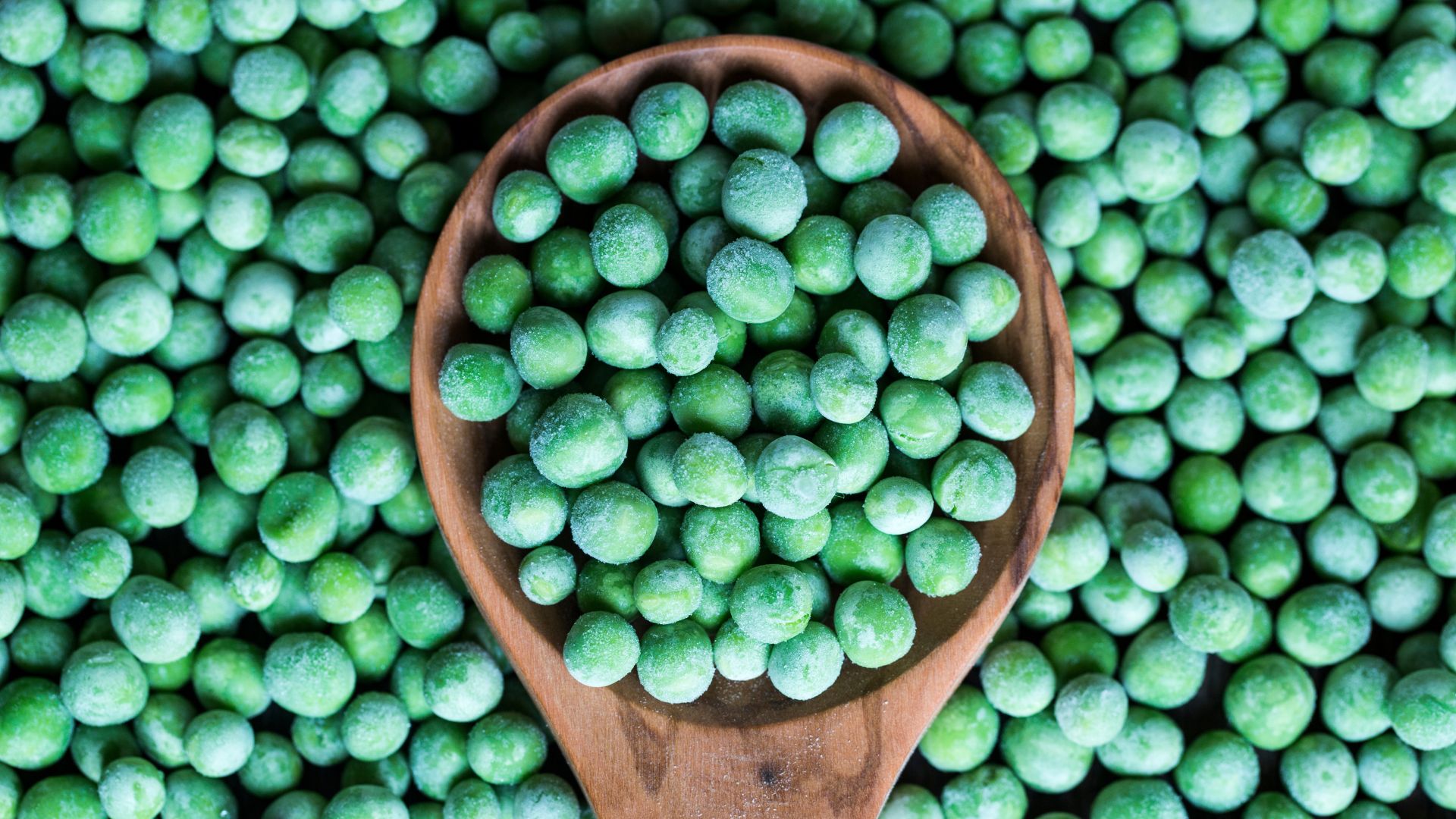
It may surprise you to learn that Professor Tim Spector is very pro frozen food - just not the frozen ultra-processed ones.
"Peas, green beans, and spinach, when it's frozen, has all the nutrients, sometimes more than the fresh ones," he says. "Some of the healthiest foods can be frozen foods."
Biological age is most important
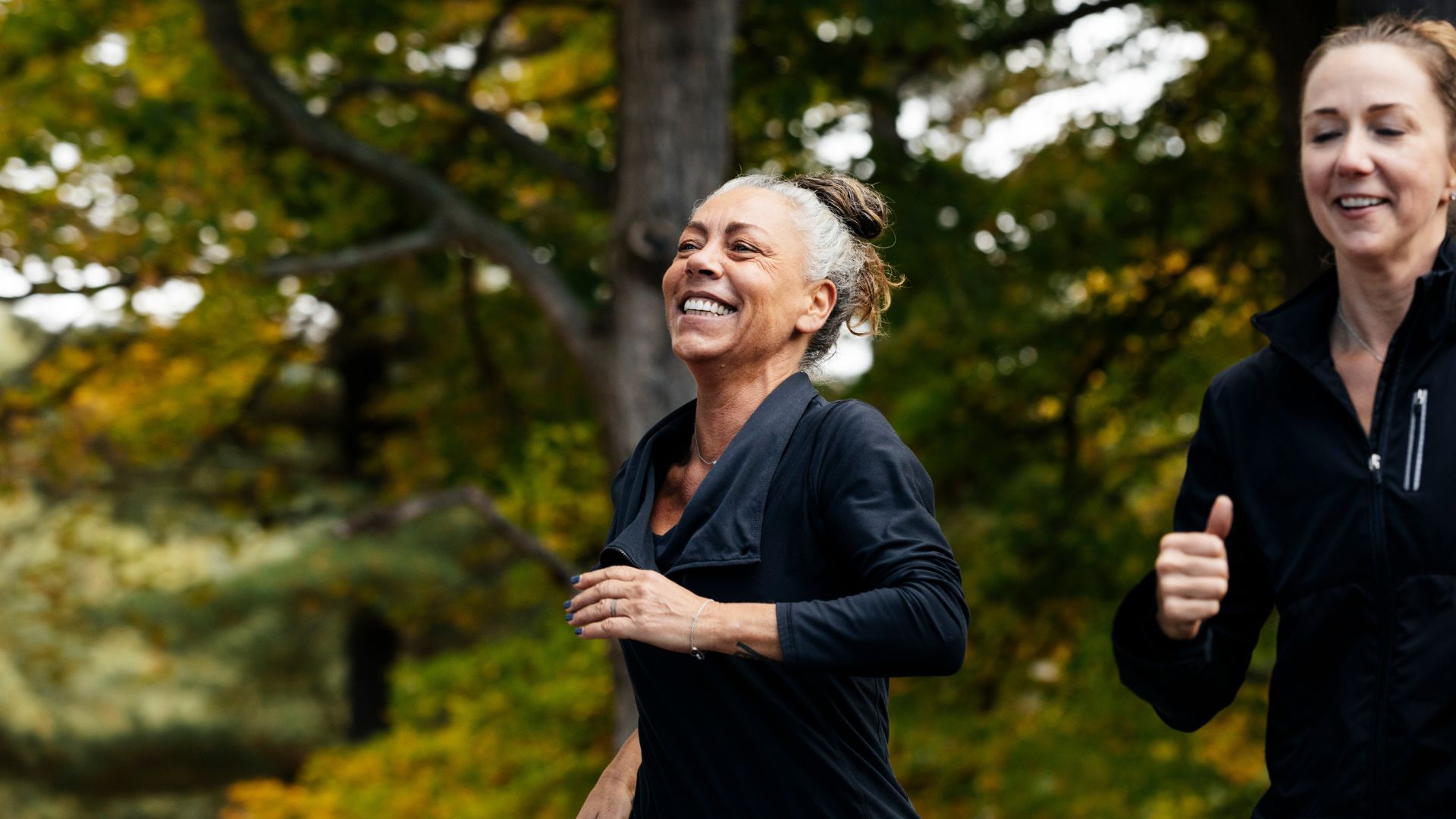
You may have heard of biological age in recent years or been told you should calculate it. Much like fitness age, this age is a signifier of what's going on in your body and how healthy you are ageing, rather than candles on your birthday cake.
"We're obsessed with our birth date and being told that 50-year-olds need to do this and 60-year-olds need to do this, but within that there's this huge range [of abilities]," he says.
"We've measured about 3000 twins of different ages. Whilst there was a rough correlation between your birthday and your biological age, within each age band, there was around a 20 to 25 year difference. We're all living with different biological ages," he says.
Gut health and anxiety are linked

Given the link between gut health and depression, it probably won't surprise you to learn there's a link between anxiety and gut health too.
Speaking to Simon Mundie, the professor explains that there are "a lot of brain chemicals that can make you stressed or relaxed". The one we've likely all heard of is serotonin - aka the 'happy' hormone - which is a key ingredient in many antidepressant drugs, and GABA, which is used in drugs like Valium.
"By altering those two products, which are made by your gut microbes, you can increase or decrease mood."
Olive oil is an essential
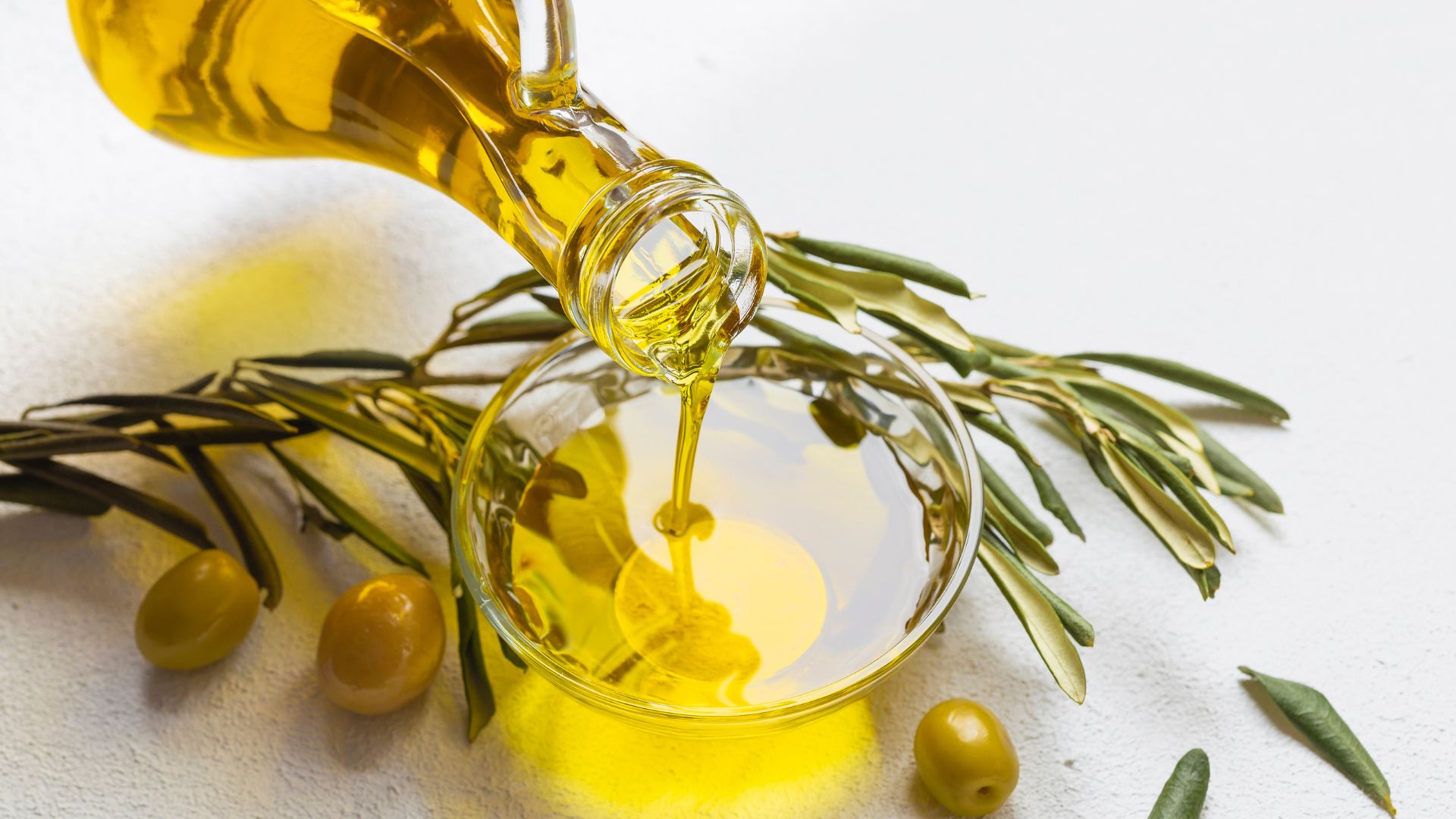
On Instagram, Professor Tim Spector took a question from his comments. The commenter said they'd be interested to hear more about cooking with olive oil at high temperatures.
The professor debunks the idea that olive oil may become "dangerous" when it reaches a certain "smoke point".
"It turns out that at normal levels of cooking, you don't normally get above 180 degrees, so that's not really a problem," he says.
However, he does also say that you "do lose some of the polyphenols". "By heating it under regular cooking you've lost about 40% of the polyphenols. If you cook with it, you're not getting the same benefits if you were having it on a salad."
Wholegrain carbohydrates are best
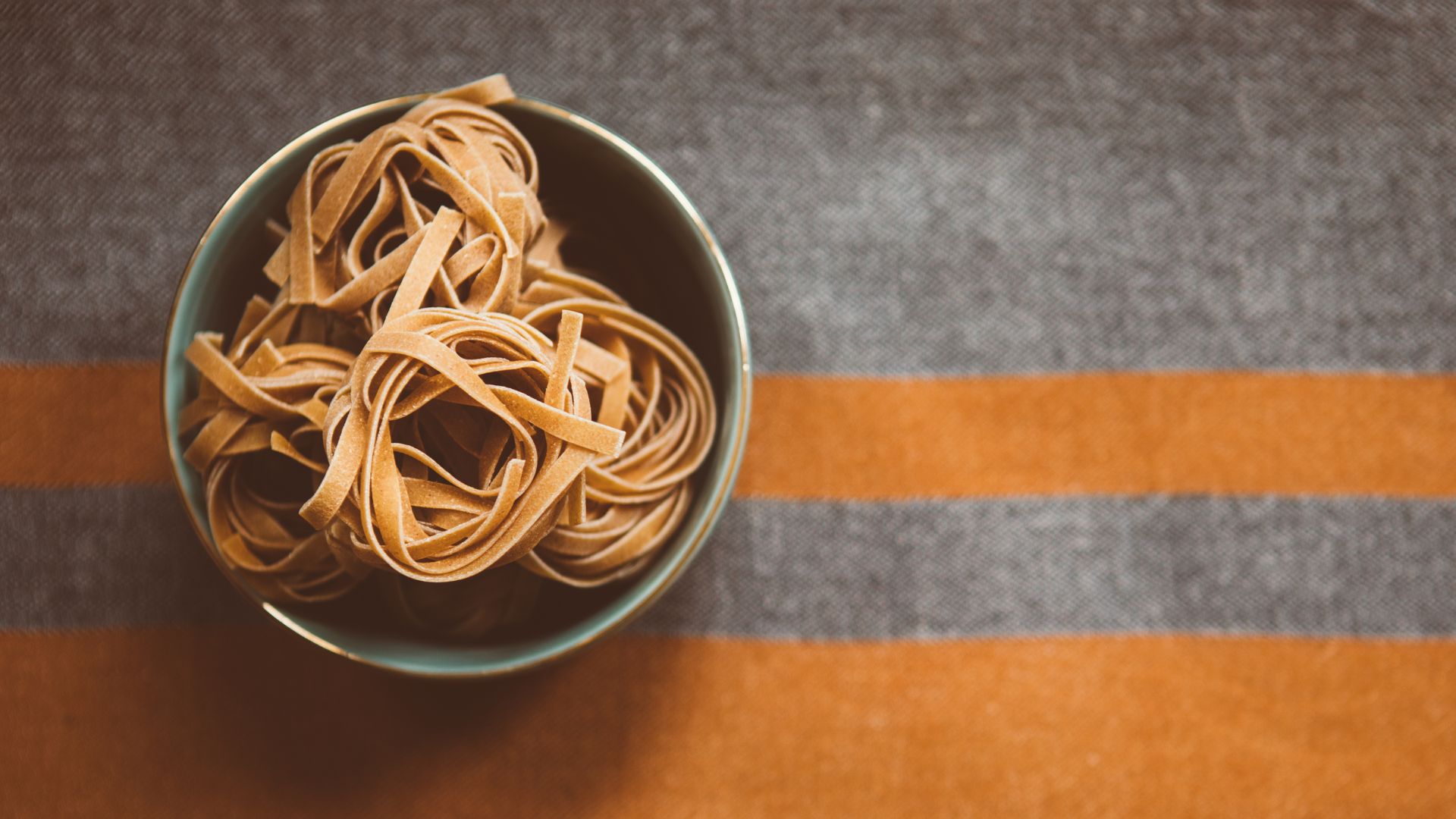
Taking to Instagram, Professor Tim Spector highlights a useful swap those looking to get more fibre in their diet can make: white carbohydrates for whole grain. Or, sometimes, even alternatives like lentil pastas or chickpea pastas.
"[These alternative pastas produce] much less of a sugar spike for me and they're higher in fibre, and that's helpful for my gut microbes," he says.
Keep your plant skins on
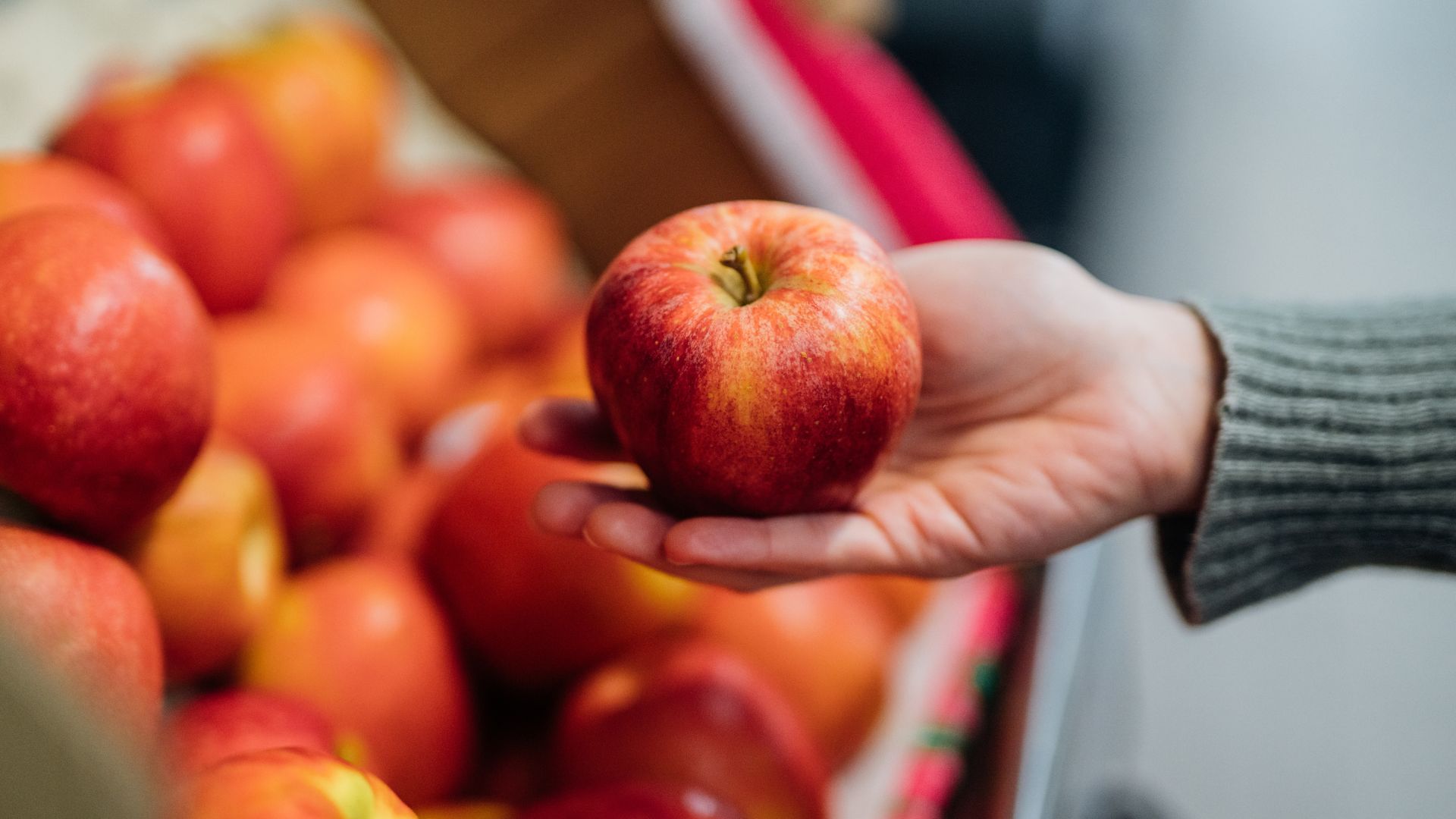
The next time you're peeling a potato or apple, think again, the professor urges. Keeping the skin on could offer three times the fibre and 30 times the polyphenols.
"Whatever you do, don't peel it because in this peel contains these healthy defence chemicals, these polyphenols. They contain the antioxidants. Many things to keep you healthy," he says in an Instagram reel.
You can have too much of a good thing
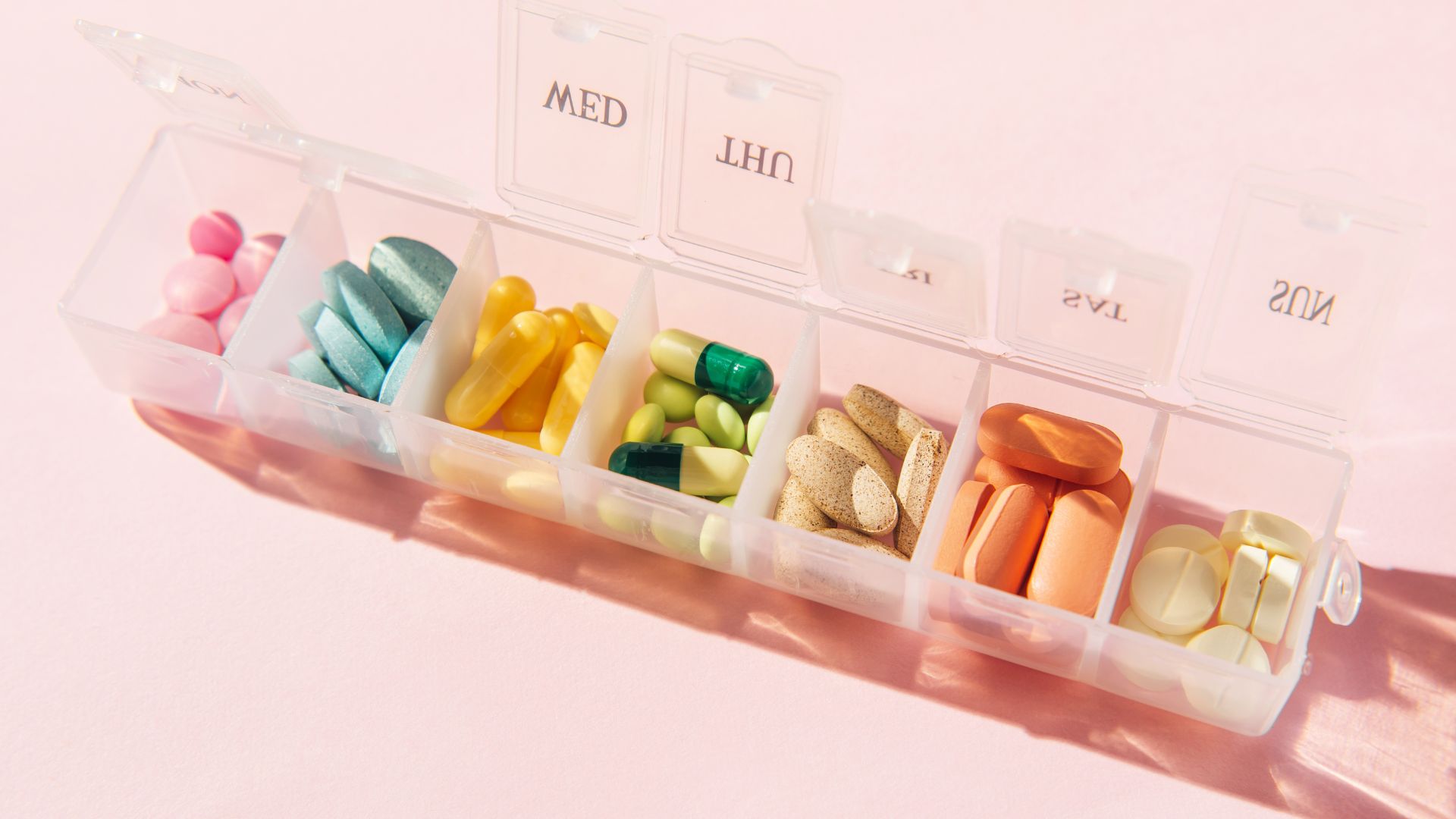
In a podcast episode with Bryan Johnson, Professor Tim Spector warns us that you can have too much of a good thing. If you're already getting all the nutrients you need from the food you eat, you may not need a supplement.
"I'd be concerned that, for example, you might be taking too much calcium because too much calcium causes heart disease," he says, as an example.
"We really believe in plant diversity as being one of the key elements to having the most different species of microbes, which then gives you the natural chemicals, and the natural vitamins," he adds.
Honey isn't always the best sugar alternative
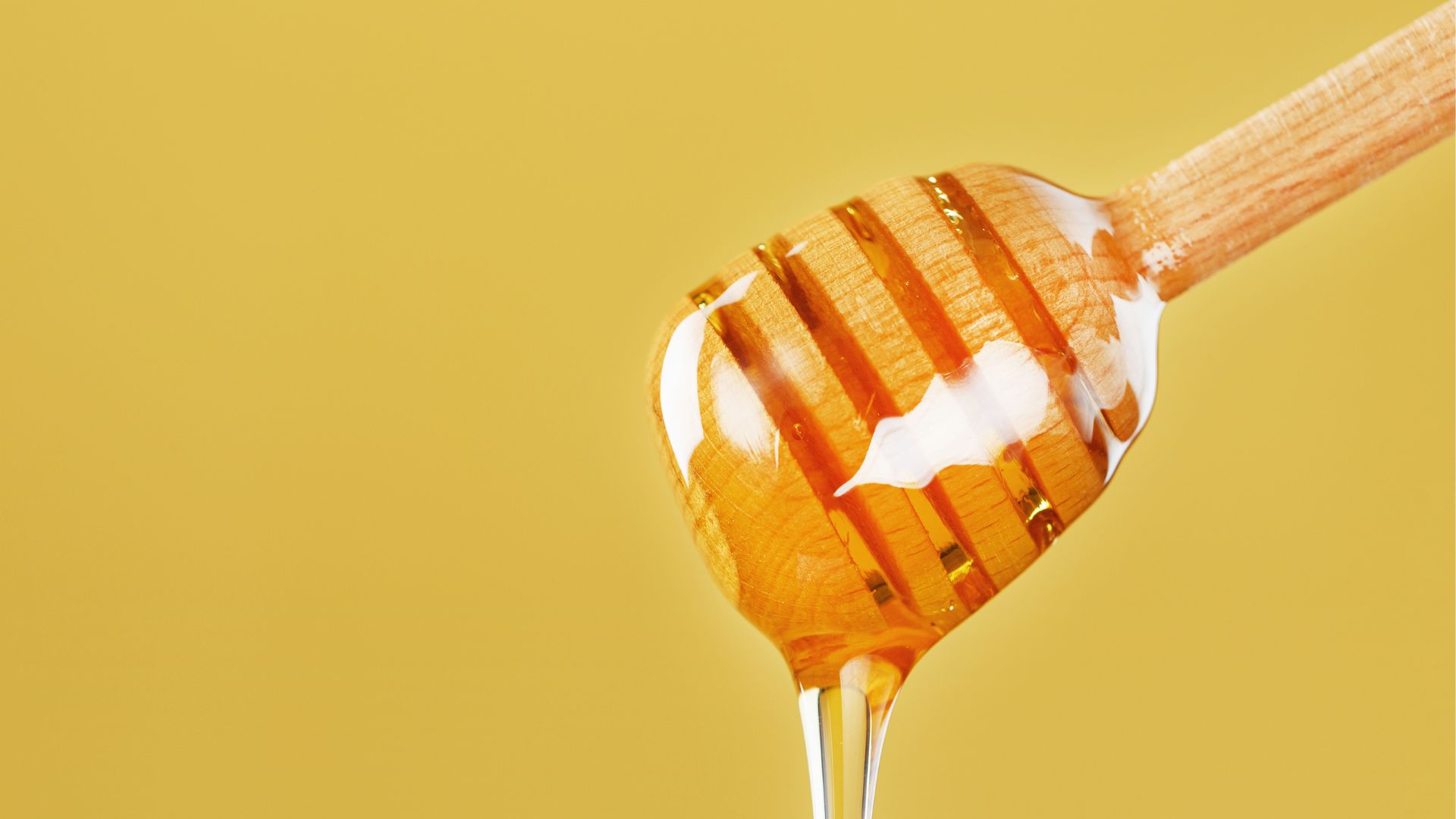
If you've been swapping your sugar for honey, thinking it's a healthier substitute, it might be time to think again.
"Alternatives to sugar aren't magically better for you," the professor says. "The sugar in honey, syrups, nectars, starches, and the dozens of other alternatives still contribute to the freely available sugars in your diet that cause quick blood glucose spikes."
Instead, the professor recommends satisfying your sweet tooth with some vanilla, cinnamon, or whole fruits.
Seed oils aren't as bad as everyone thinks
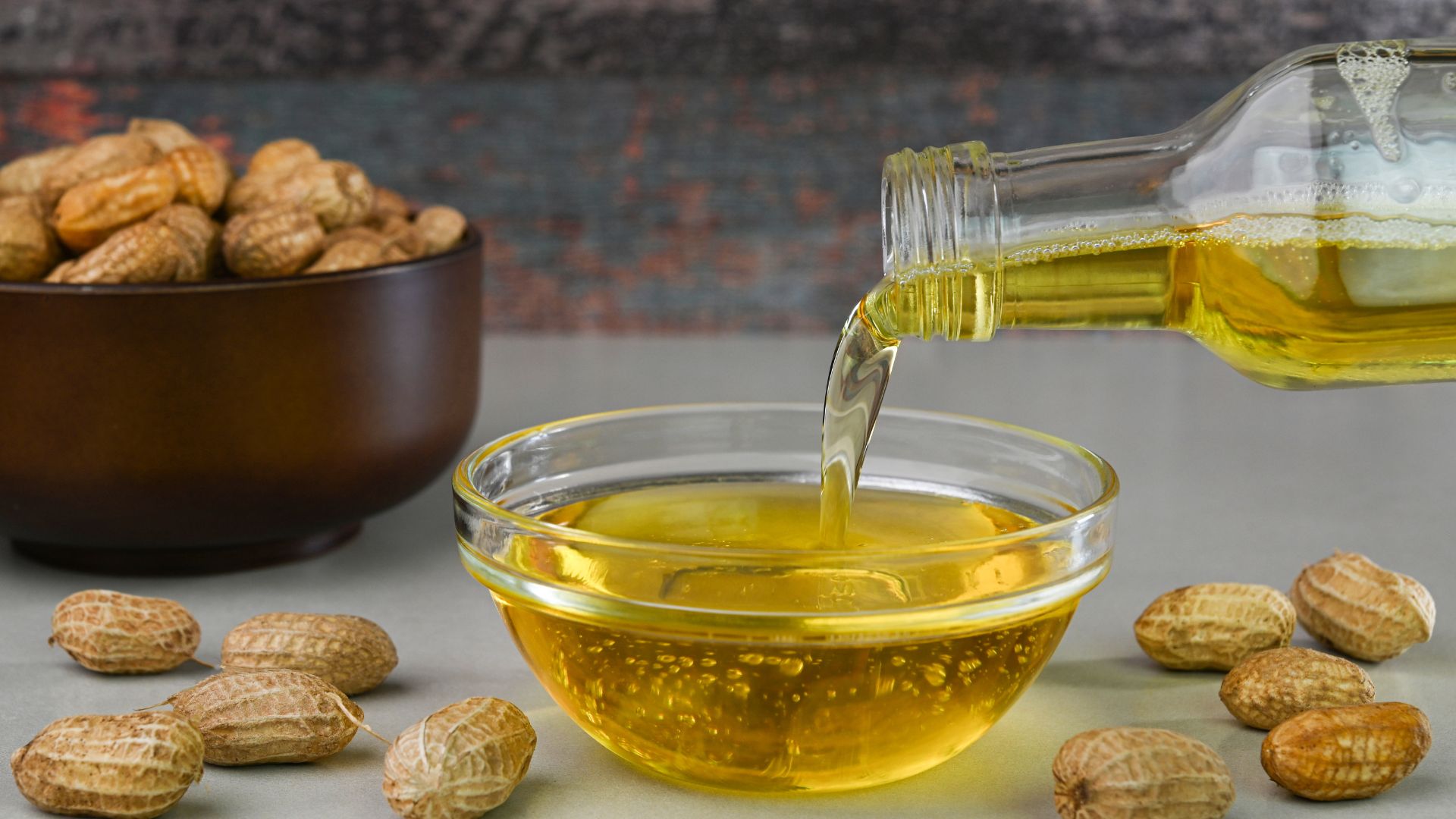
In the same list of questions, Professor Tim Spector debunks thoughts around seed oils - otherwise known as vegetable oils. They've got a bad name in recent years, but there's no need to avoid them.
"Some people claim that they’re linked to inflammation, heart disease, and weight gain. But there’s no evidence that this is true," he says.
Of course, extra virgin olive oil is preferred as this "contains polyphenols and monounsaturated fats, which can help lower your levels of 'bad' cholesterol", he adds.
Five extra grams of fibre
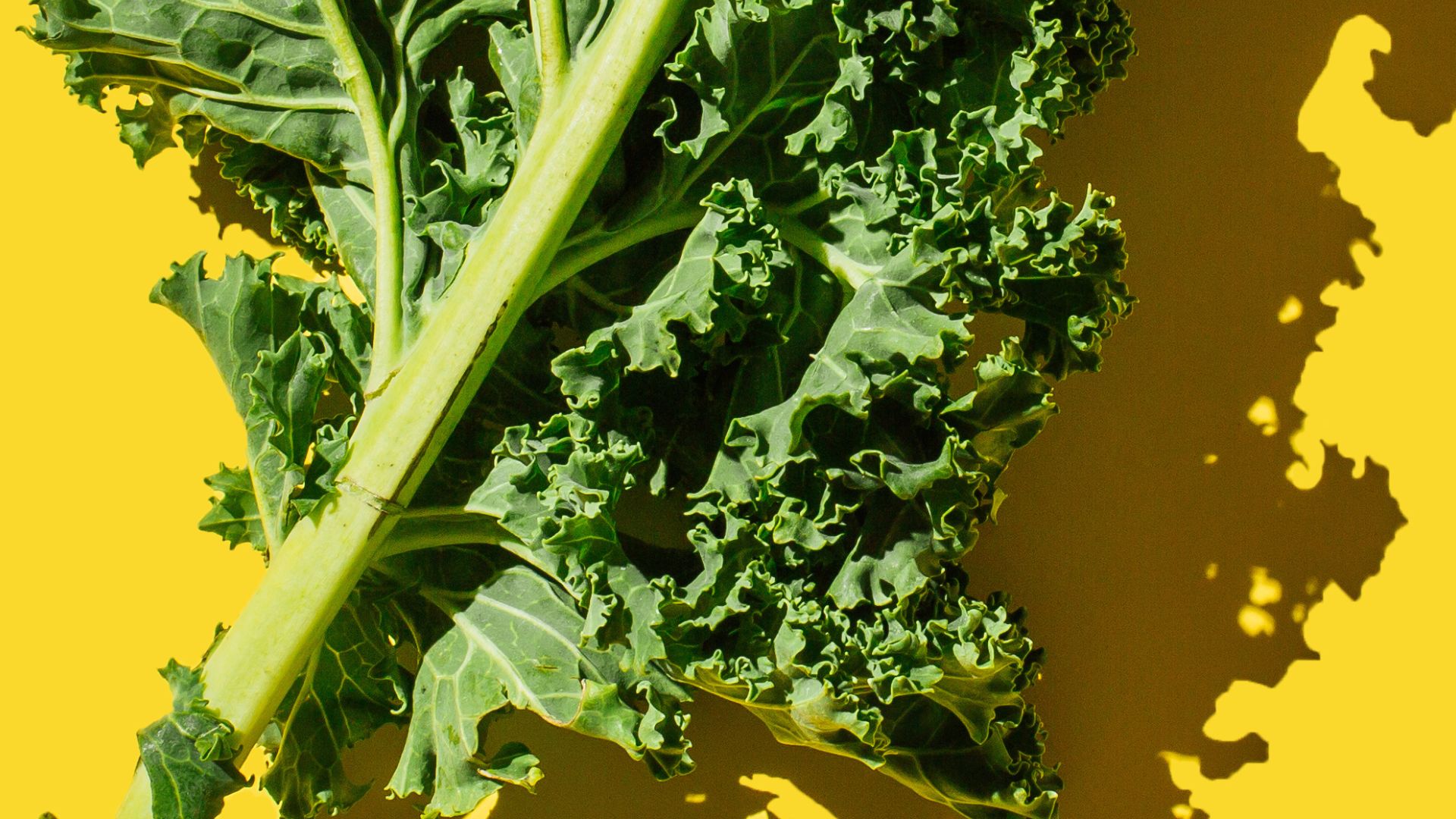
By now, we know that one of Professor Tim Spector's key suggestions is to eat more fibre. But what does that look like?
"If you have five extra grams of fibre every day, that will reduce your risk of heart disease and early death by 14%," he says in an interview, posted to Instagram.
Guidelines not rules
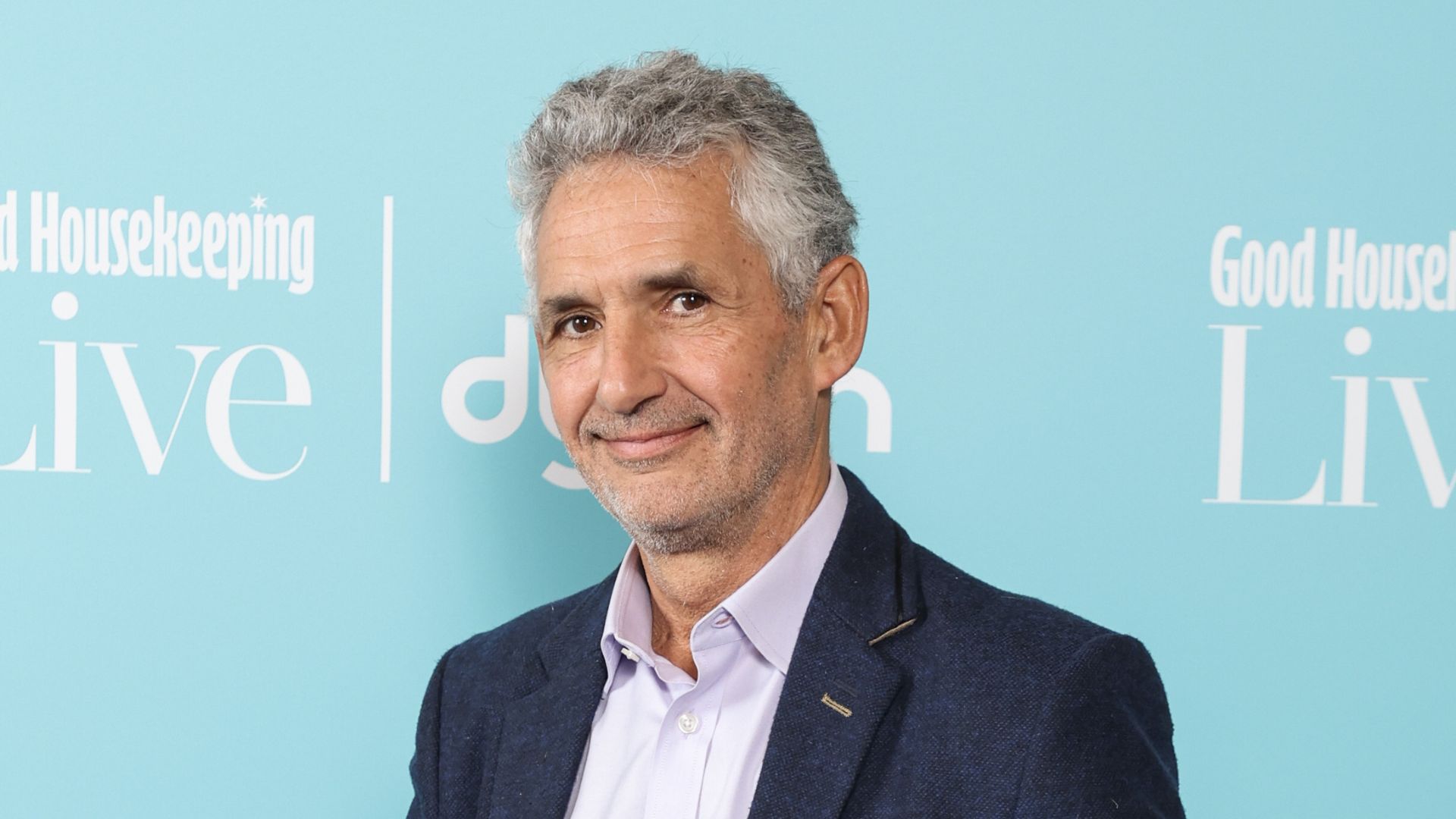
It might seem like Professor Tim Spector has a lot of life lessons in nutrition, better gut health, and general ways to live healthier. But, in conversation with Men's Health, the professor clarifies that his suggestions are "guidelines" rather than "rules".
His guidelines, broken down are: eat a "diverse range of plants, including herbs, spices, nuts, and seeds", eat fermented foods "little and often", eat the rainbow "so you're getting polyphenols and so on", to avoid ultra-processed foods, and to give your gut a break by fasting overnight.
"If you follow that advice, most other things fall into place," he says.

Grace Walsh is woman&home's Health Channel Editor, working across the areas of fitness, nutrition, sleep, mental health, relationships, and sex. She is also a qualified fitness instructor. In 2025, she will be taking on her third marathon in Brighton, completing her first ultra marathon, and qualifying as a certified personal trainer and nutrition coach.
A digital journalist with over seven years experience as a writer and editor for UK publications, Grace has covered (almost) everything in the world of health and wellbeing with bylines in Cosmopolitan, Red, The i Paper, GoodtoKnow, and more.
-
 How to charm your in-laws: the ultimate guide to keeping the peace
How to charm your in-laws: the ultimate guide to keeping the peaceDiscover how to strengthen your in-law relationships, one thoughtful gesture at a time
By Natalie Denton Published
-
 Aldi's affordable bedding is actually made by my favourite sleep brand - it's got more than your duvet covered
Aldi's affordable bedding is actually made by my favourite sleep brand - it's got more than your duvet coveredAldi's Anti-Allergy Bedding has arrived in the middle aisle and it's more affordable than the best mattress toppers, duvets, and mattress protectors out there
By Laura Honey Published